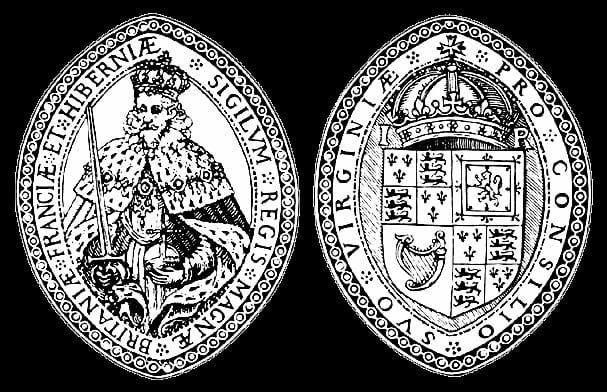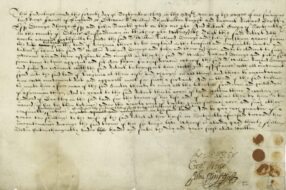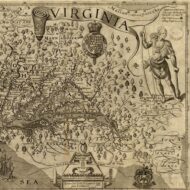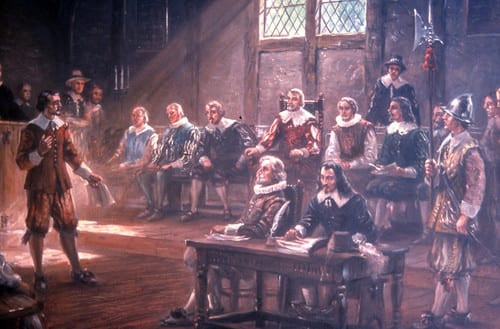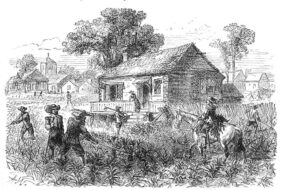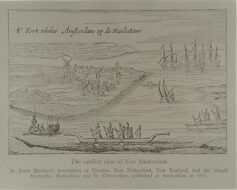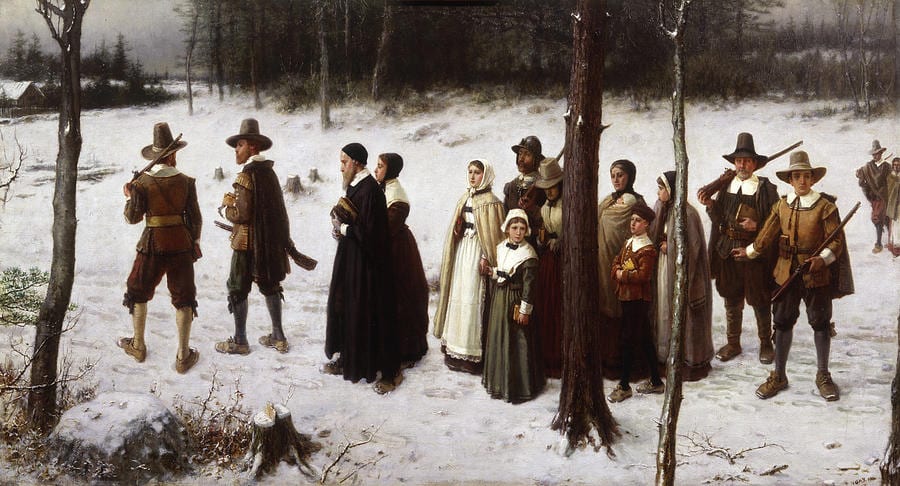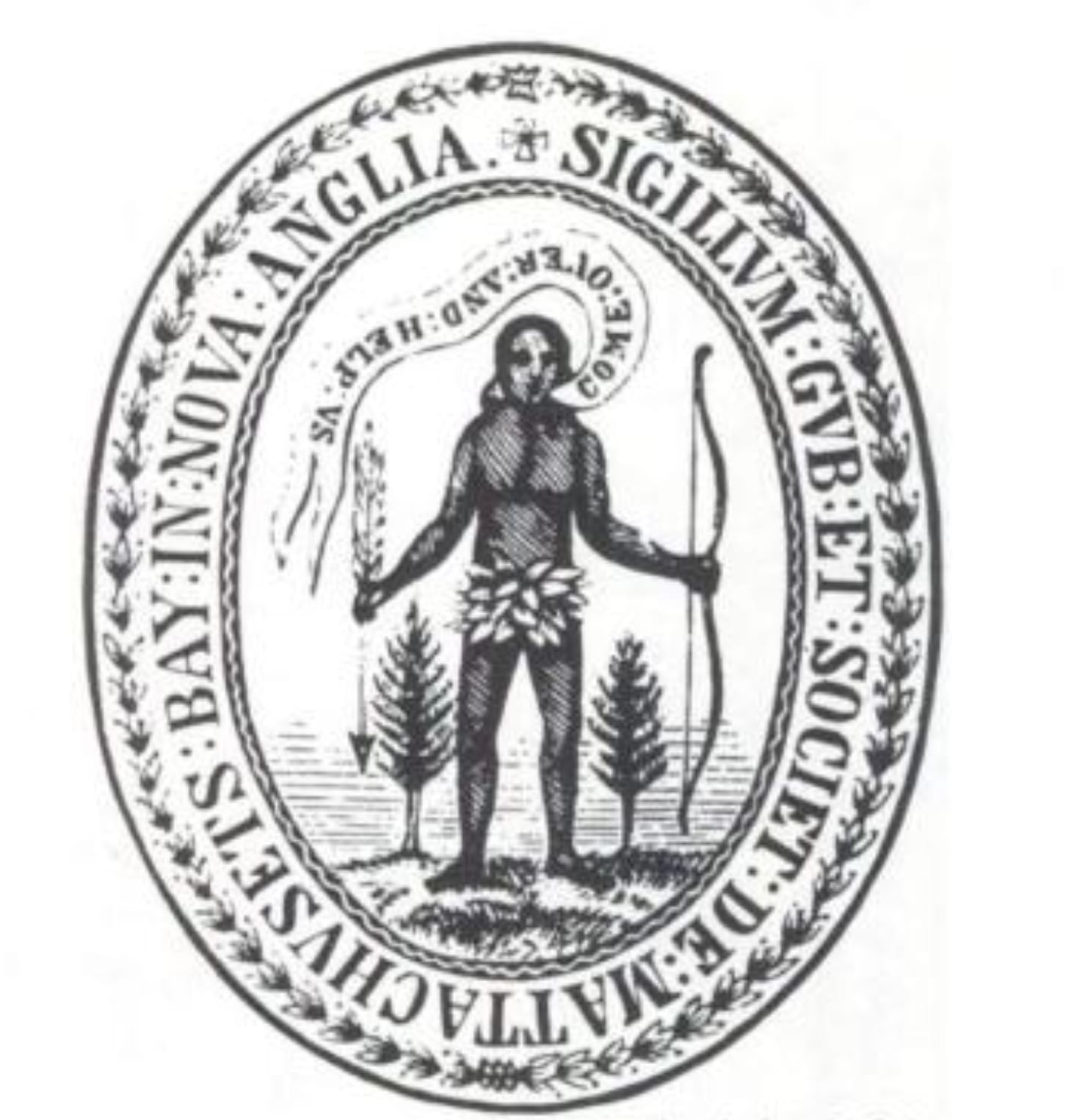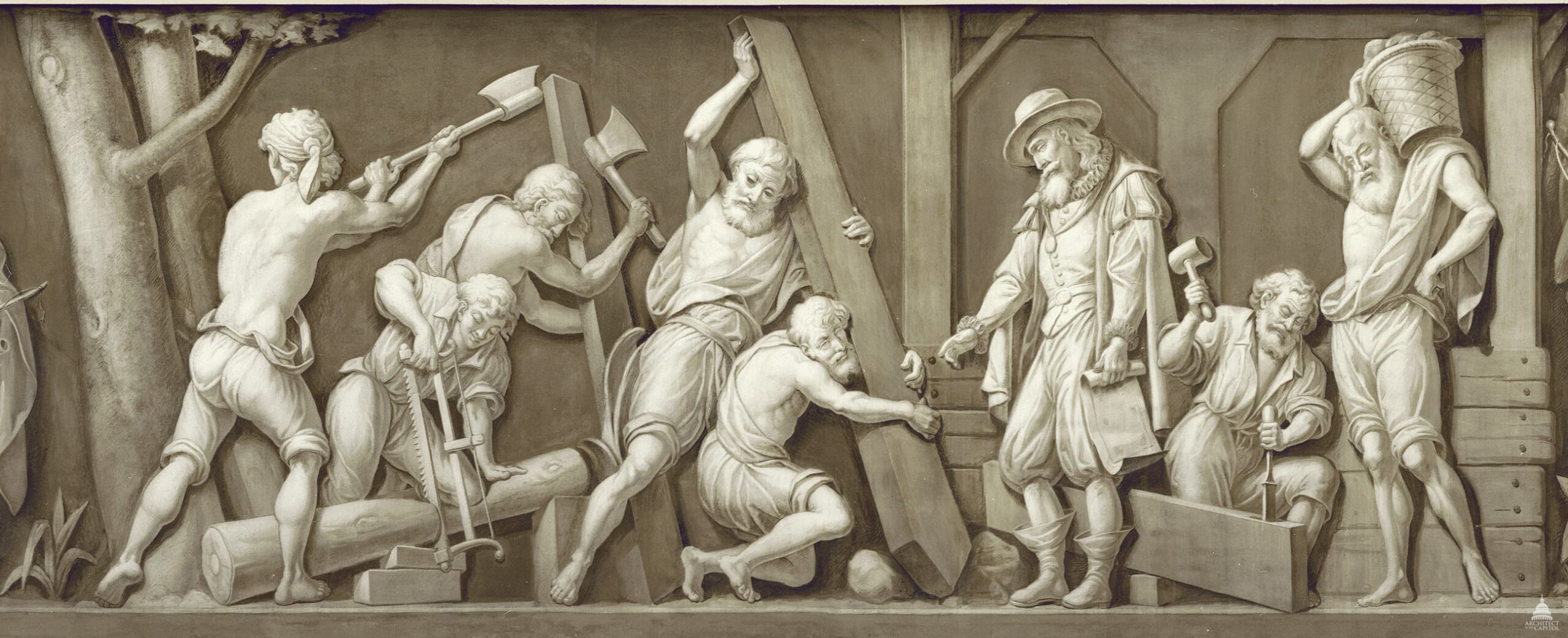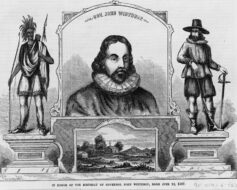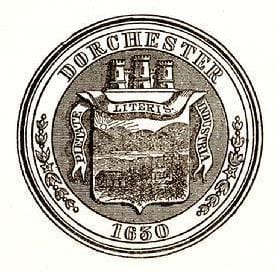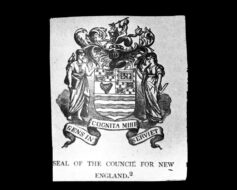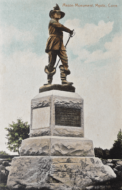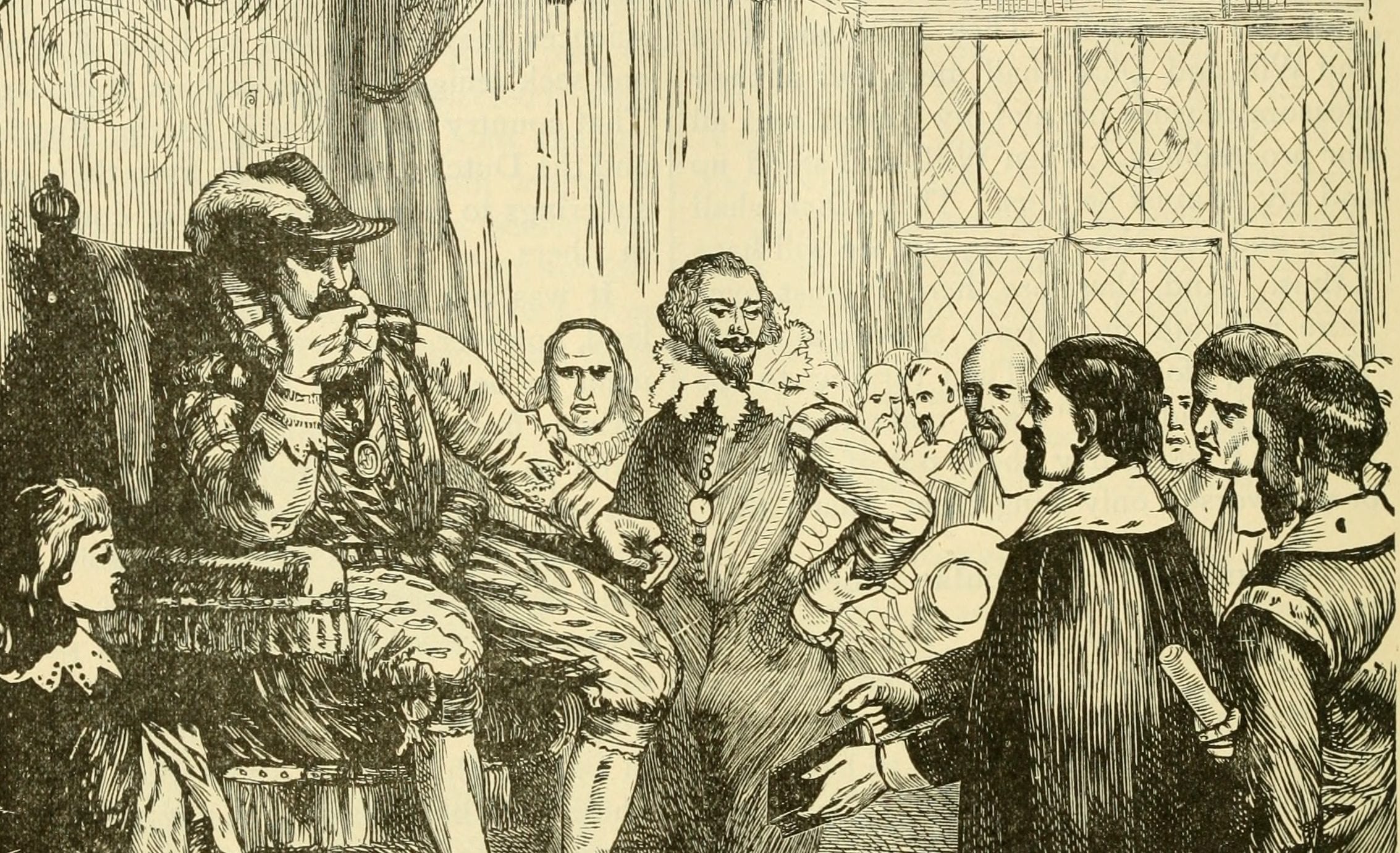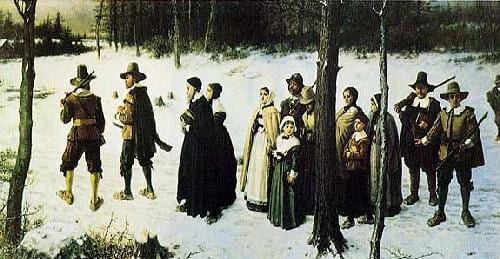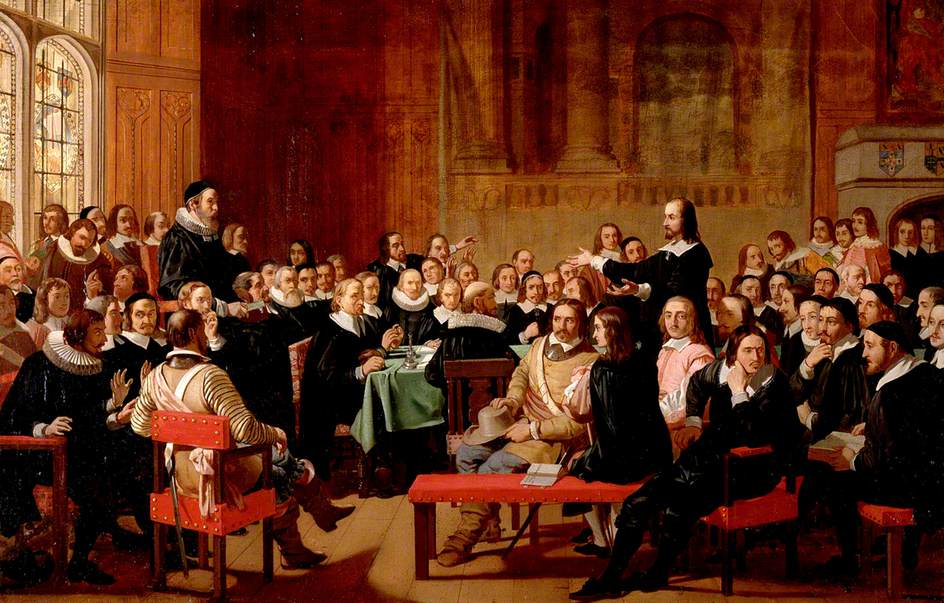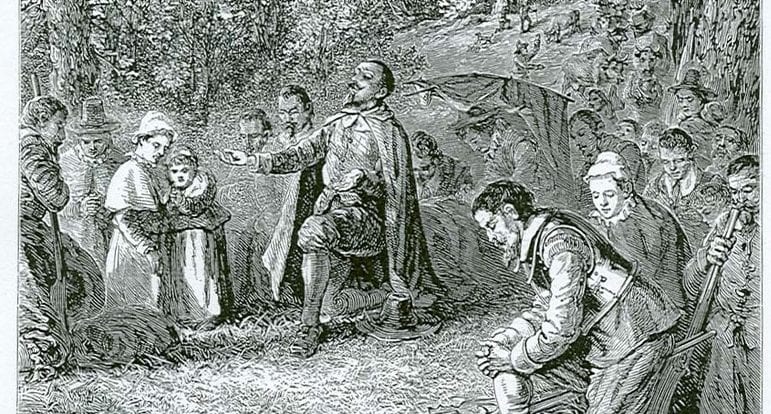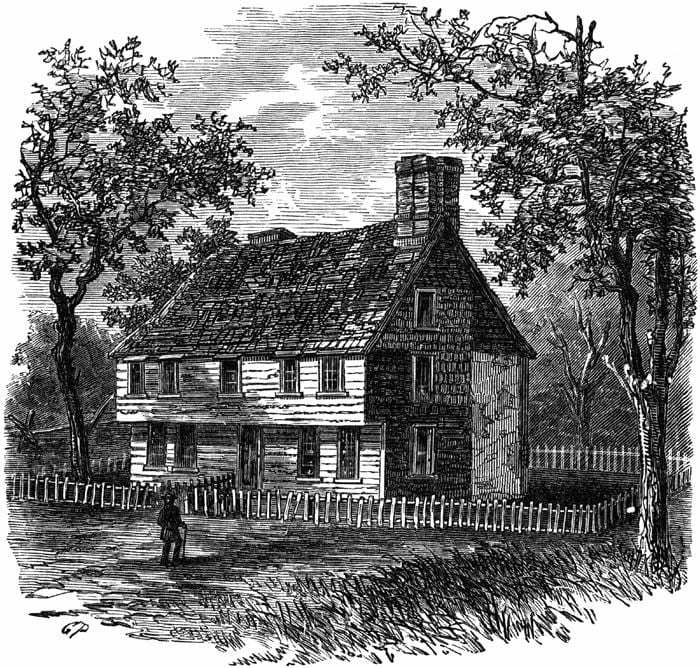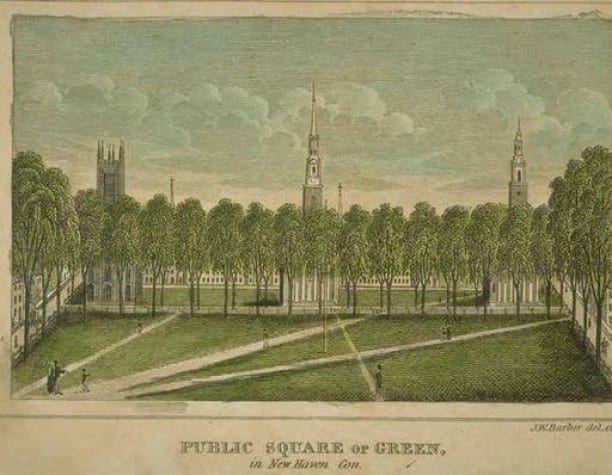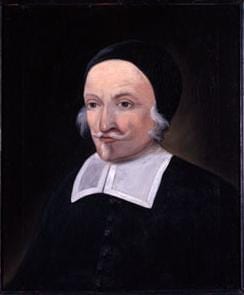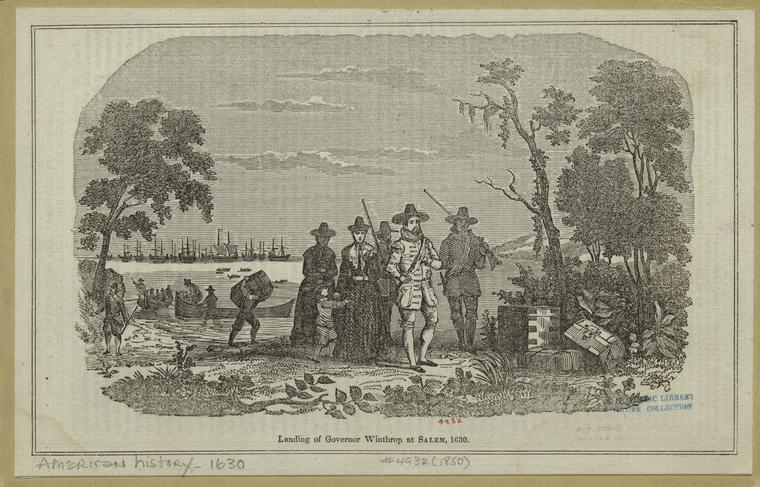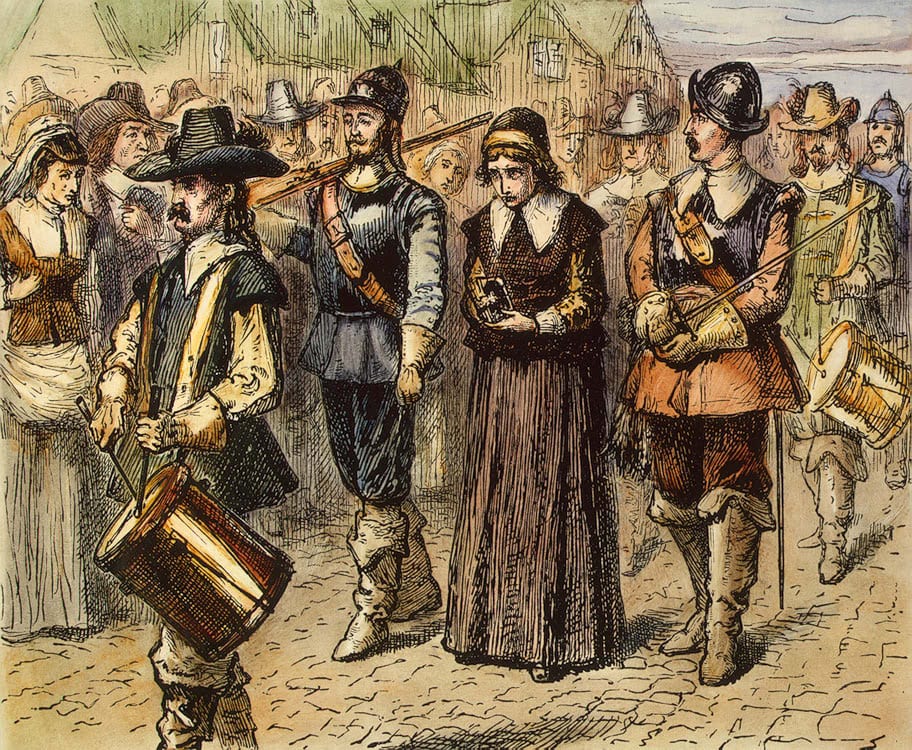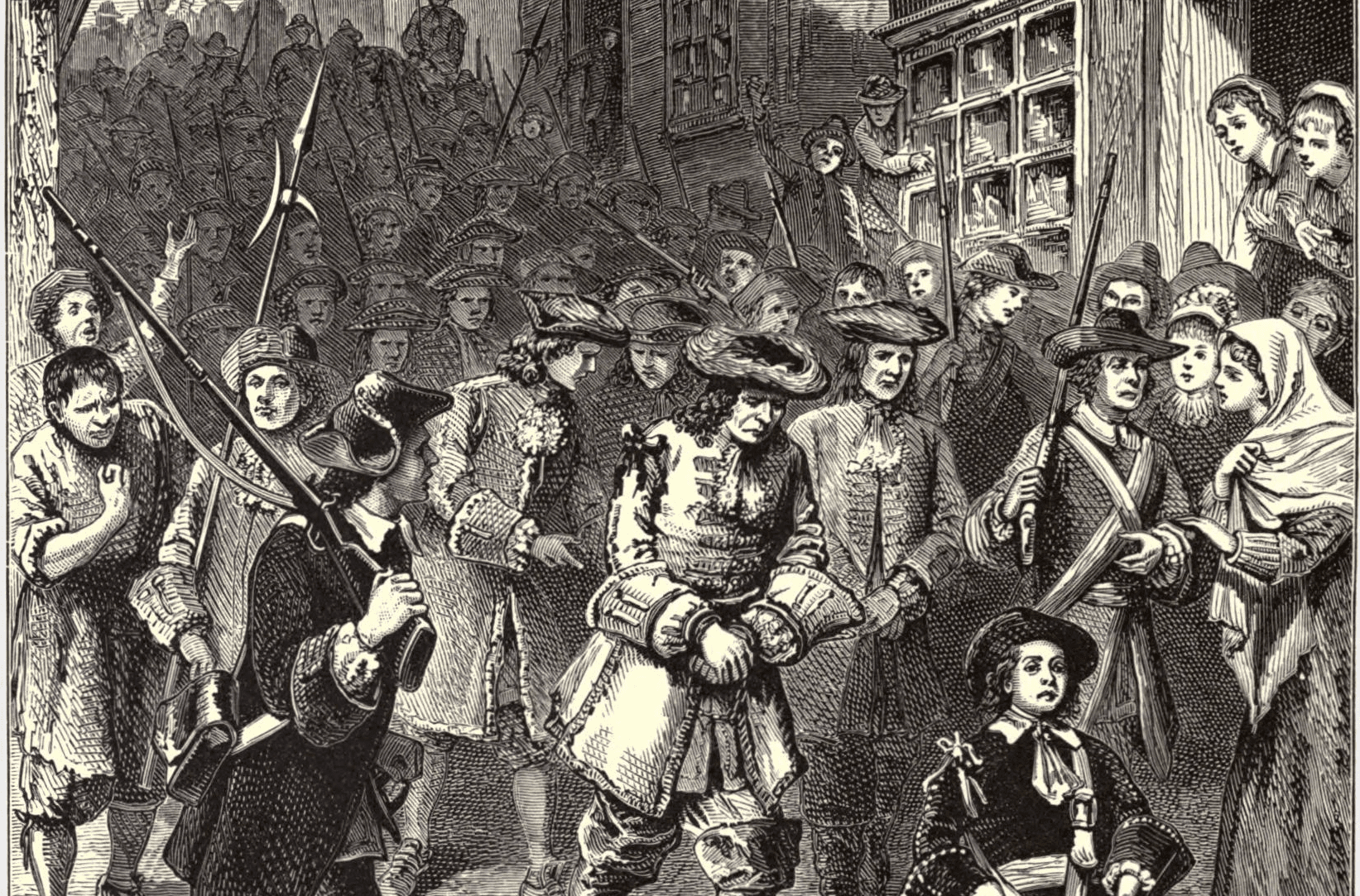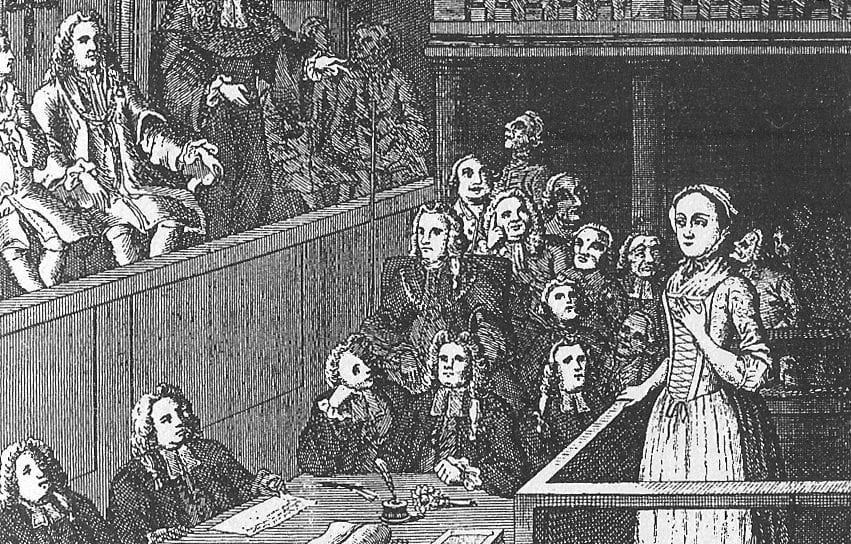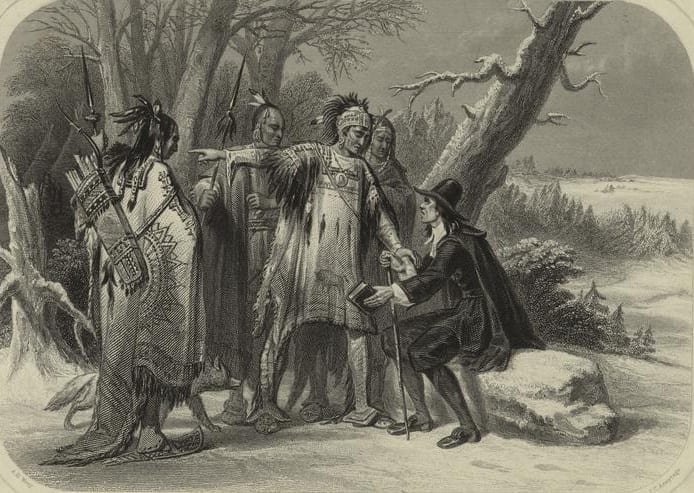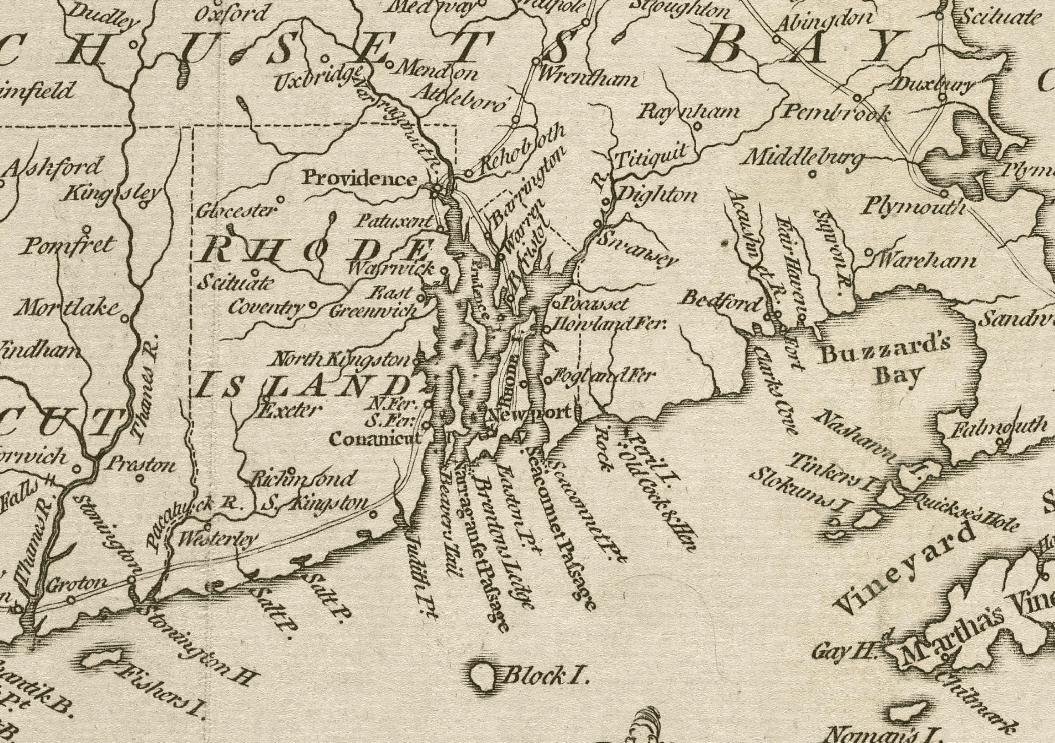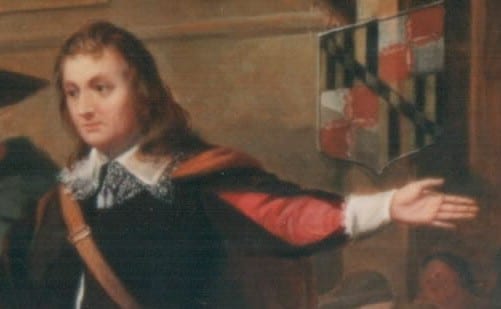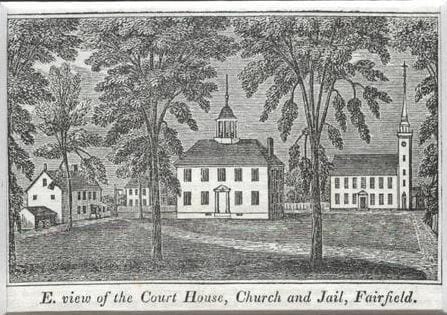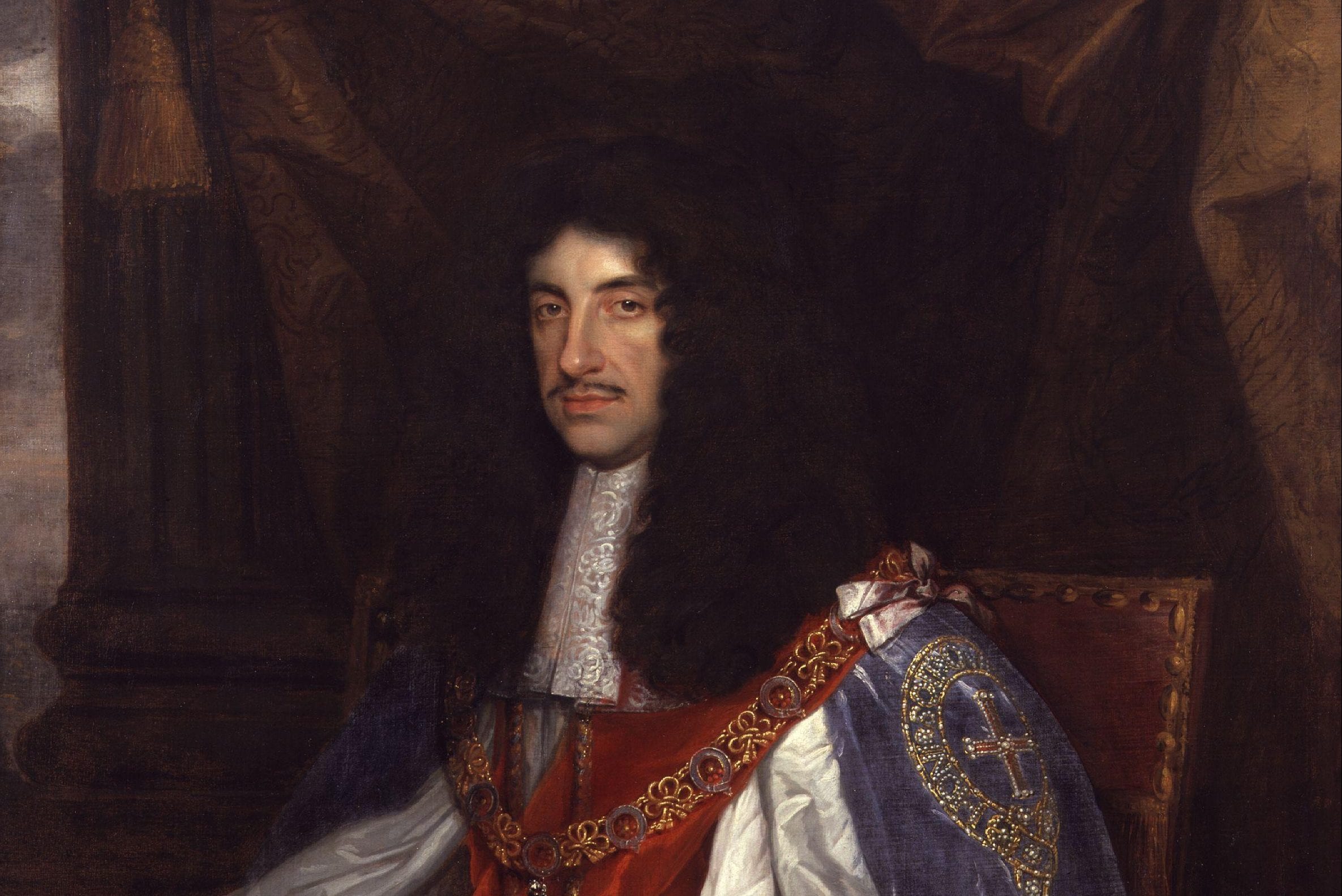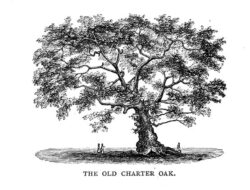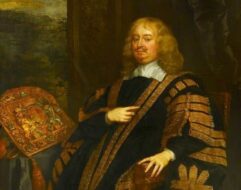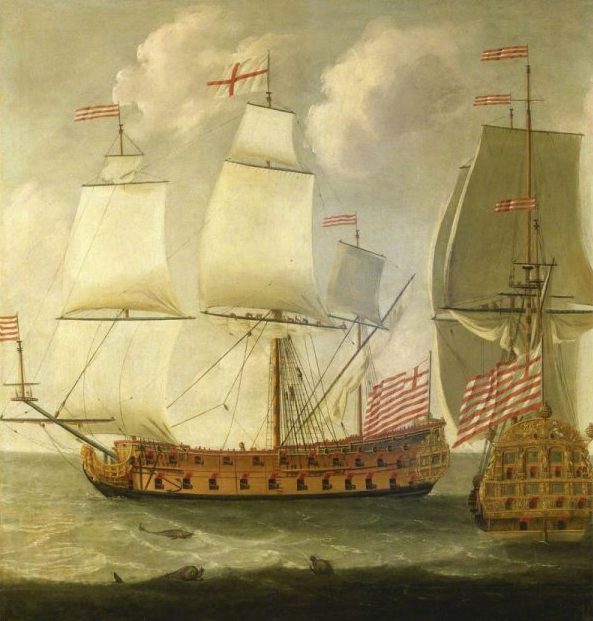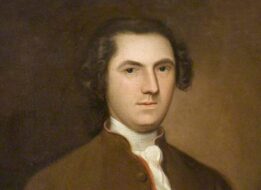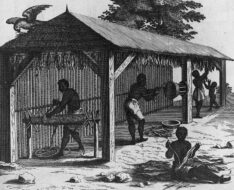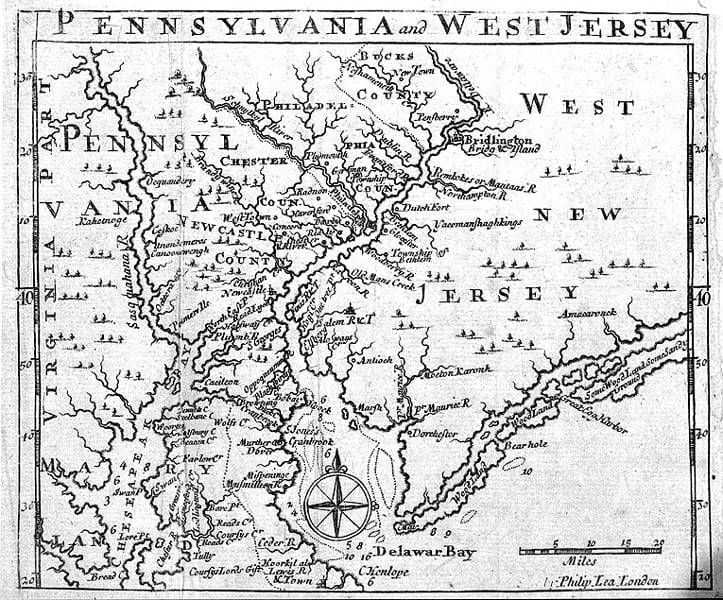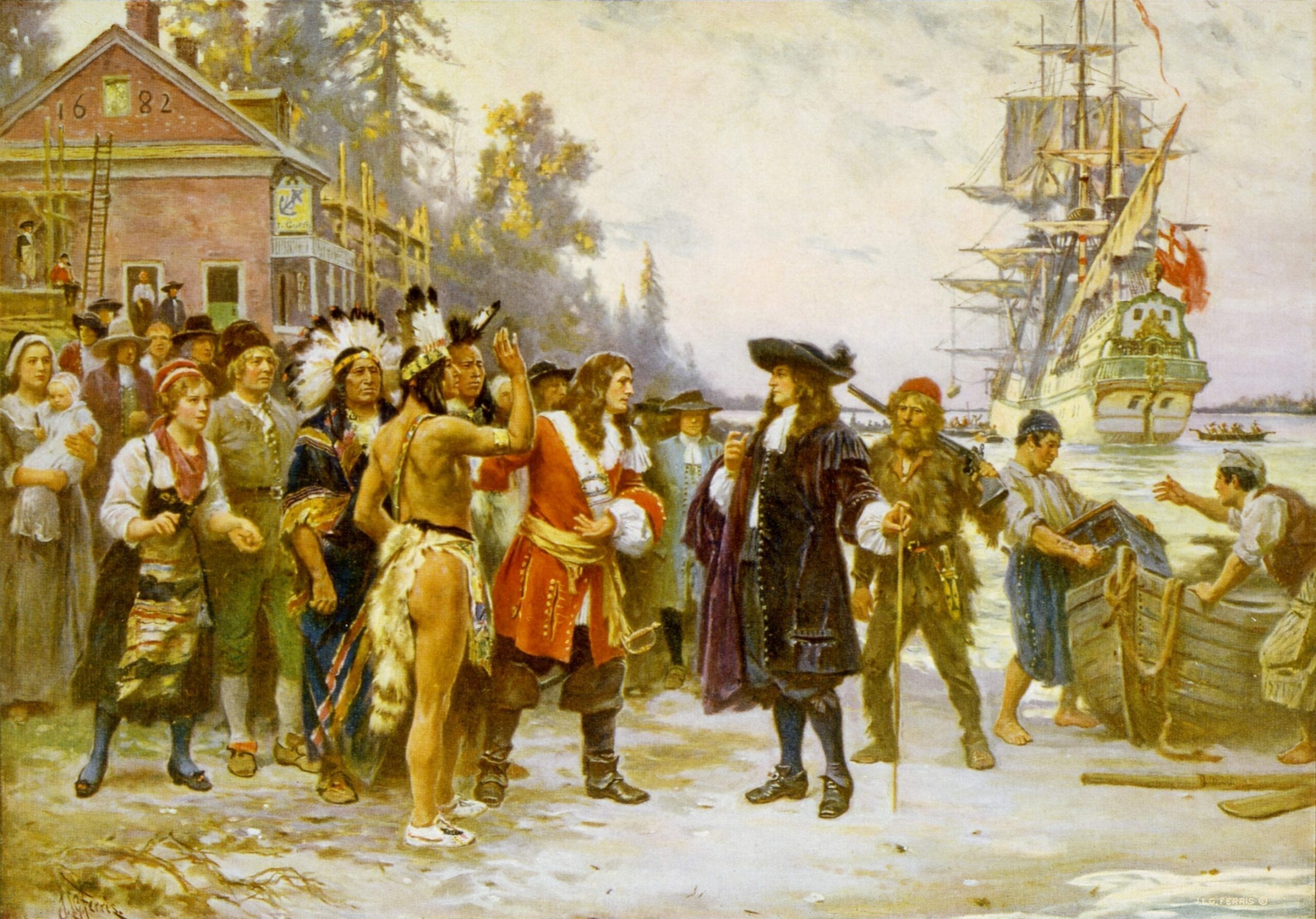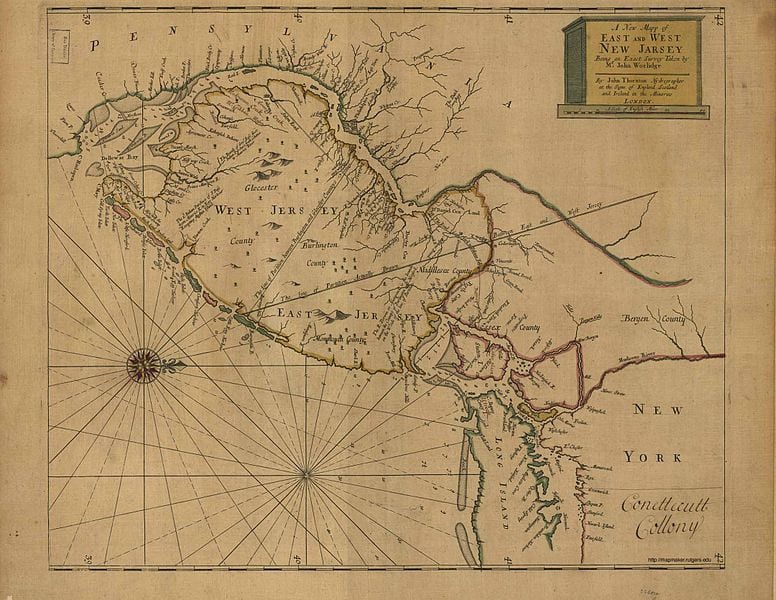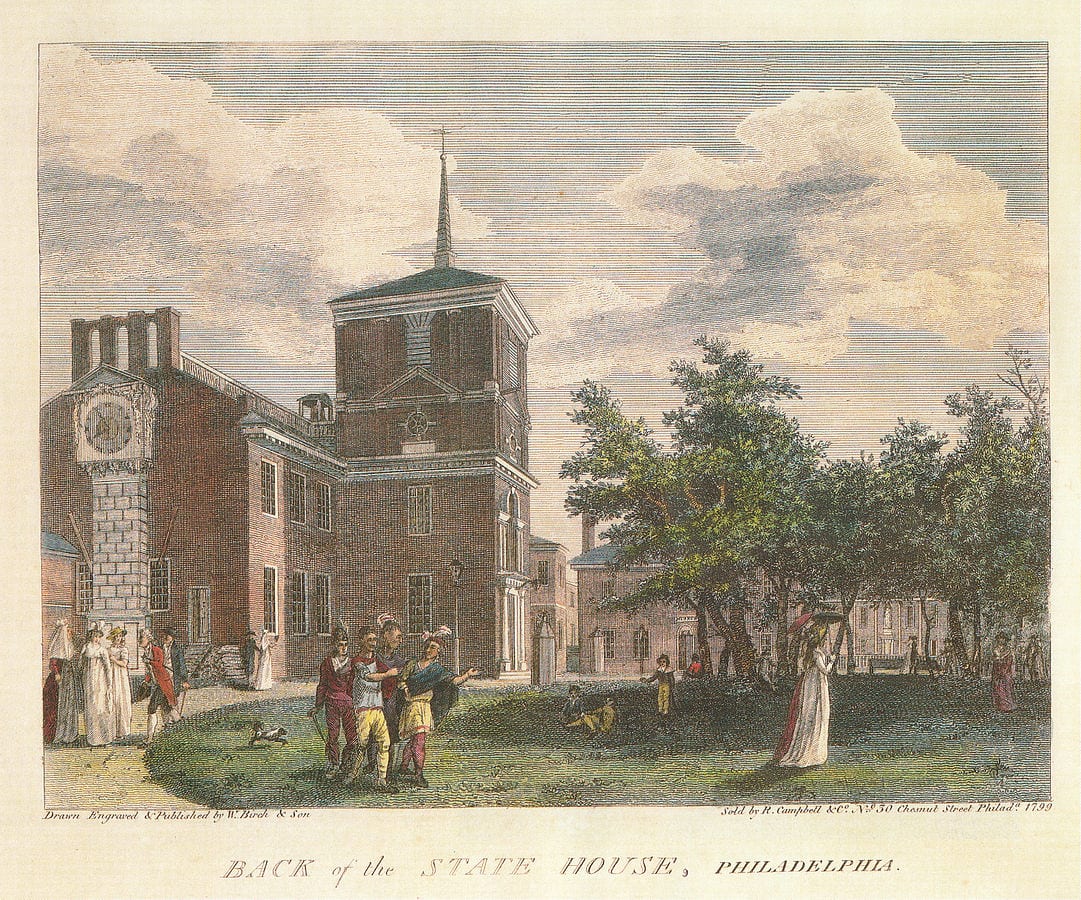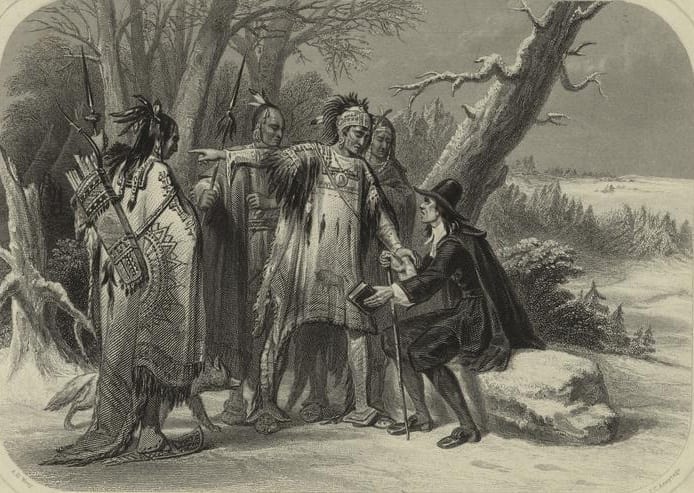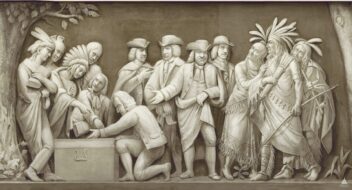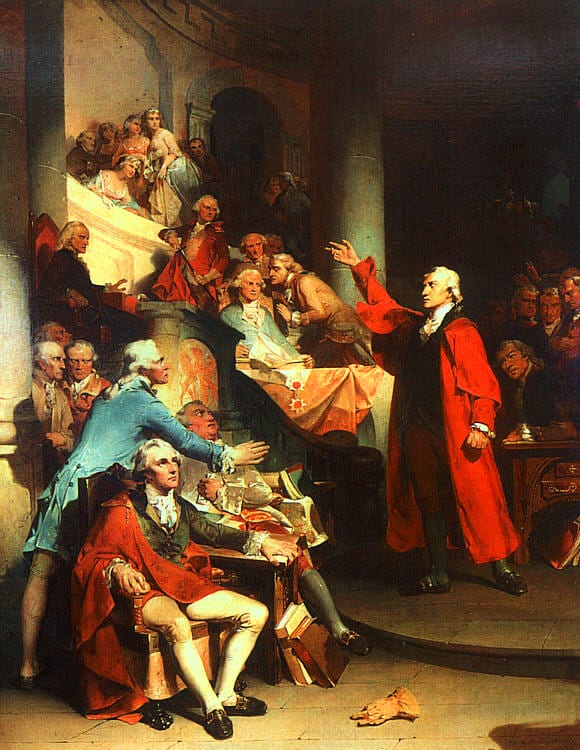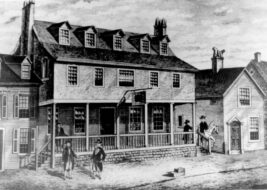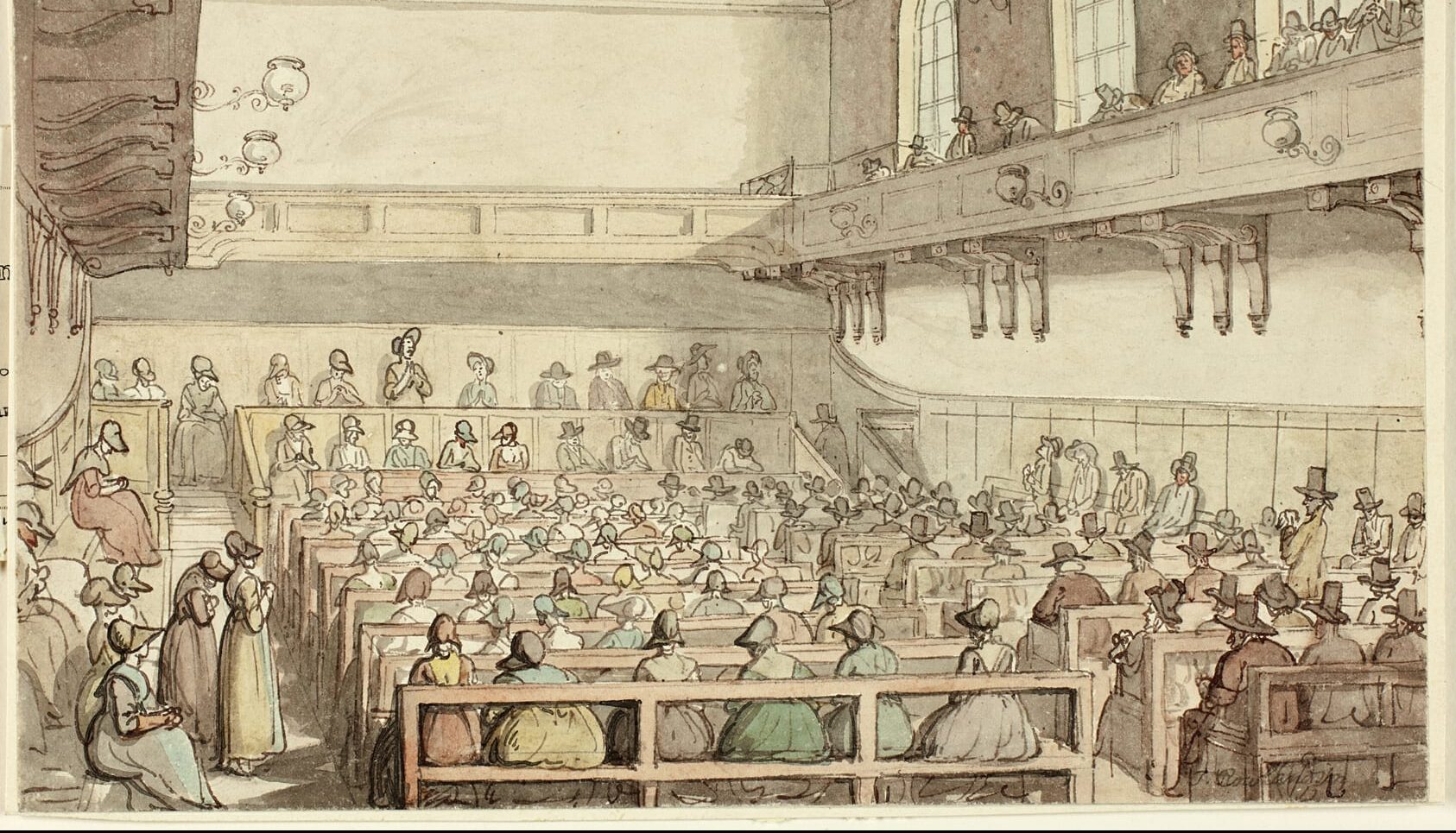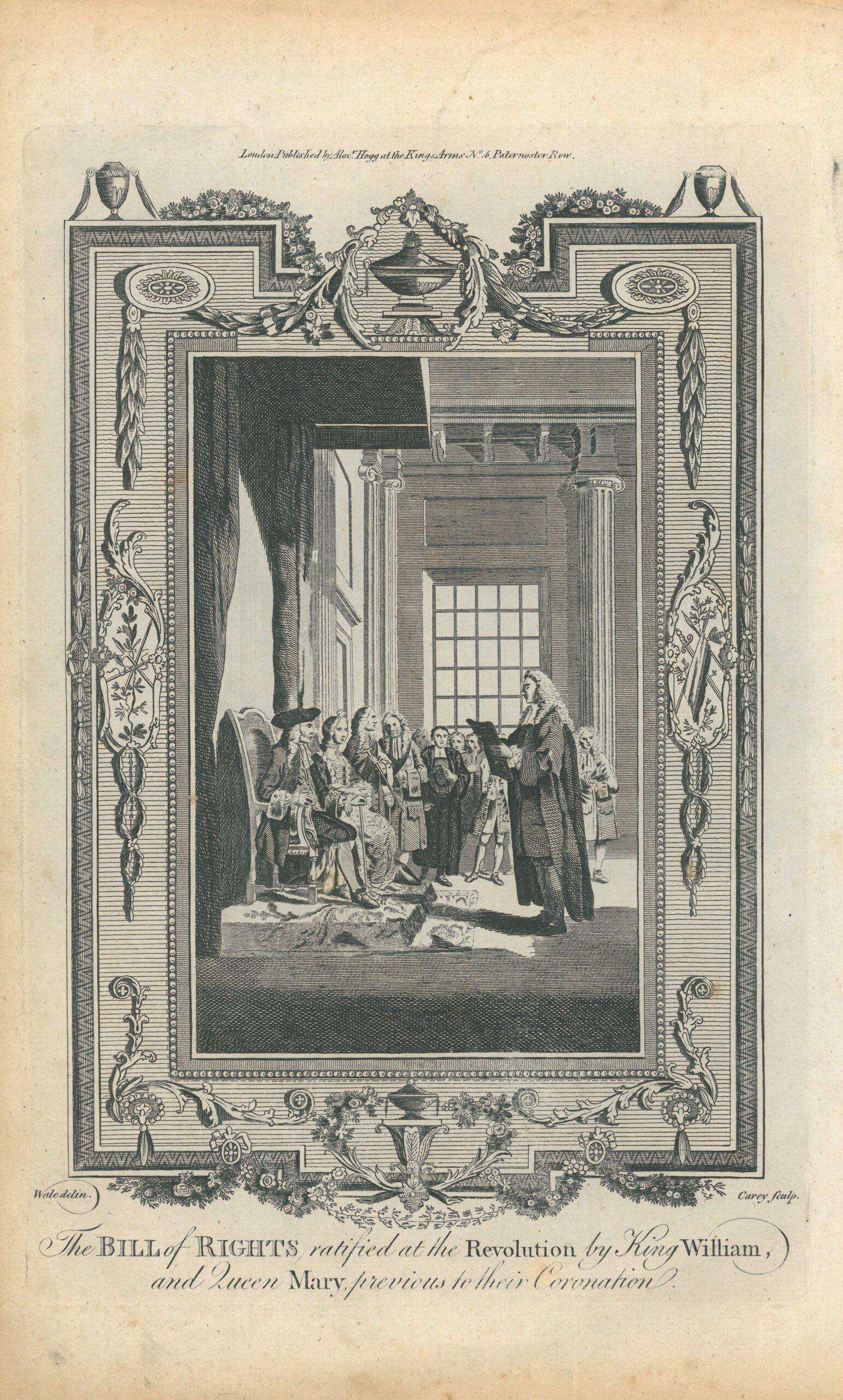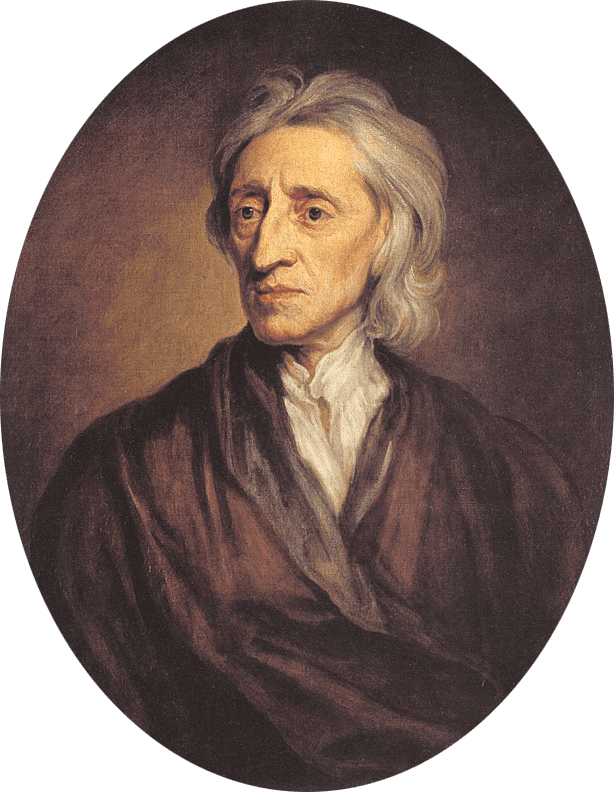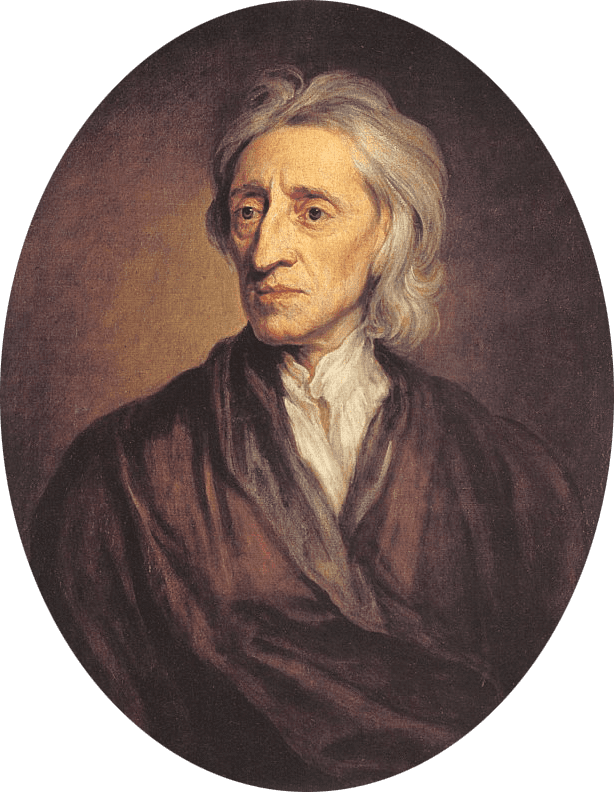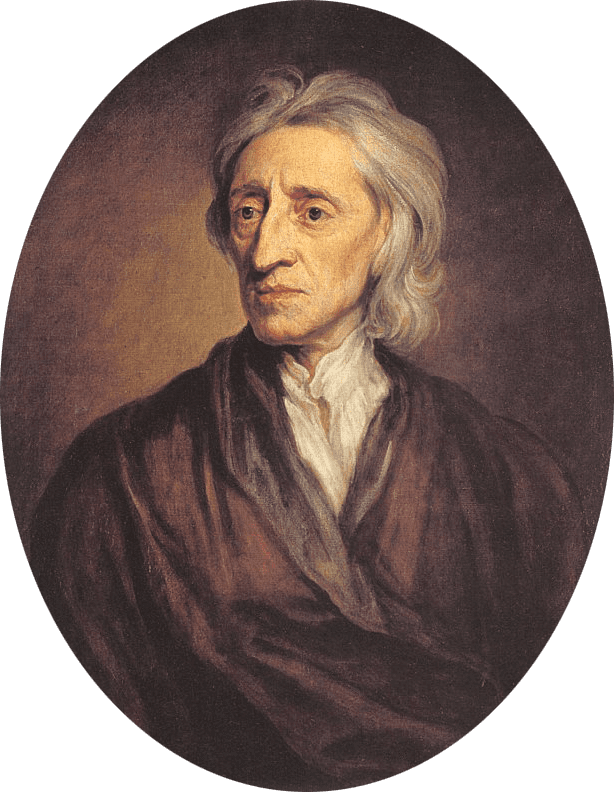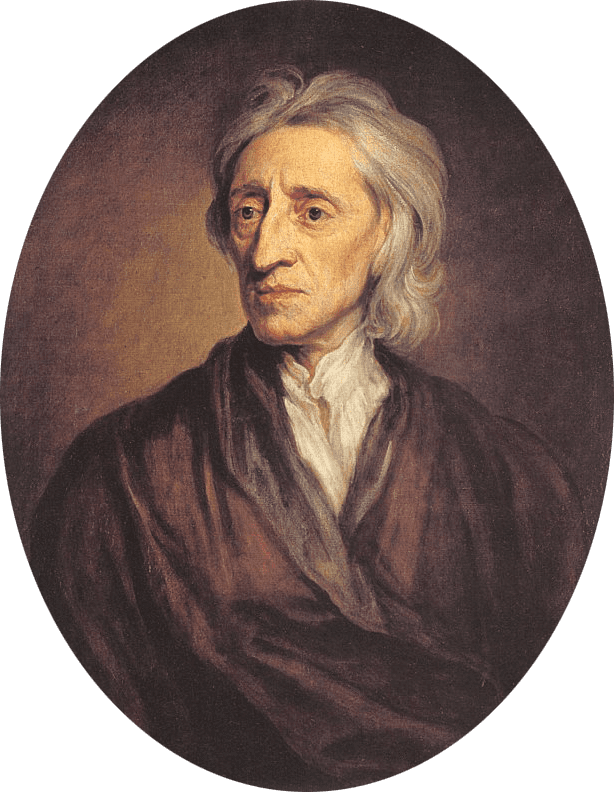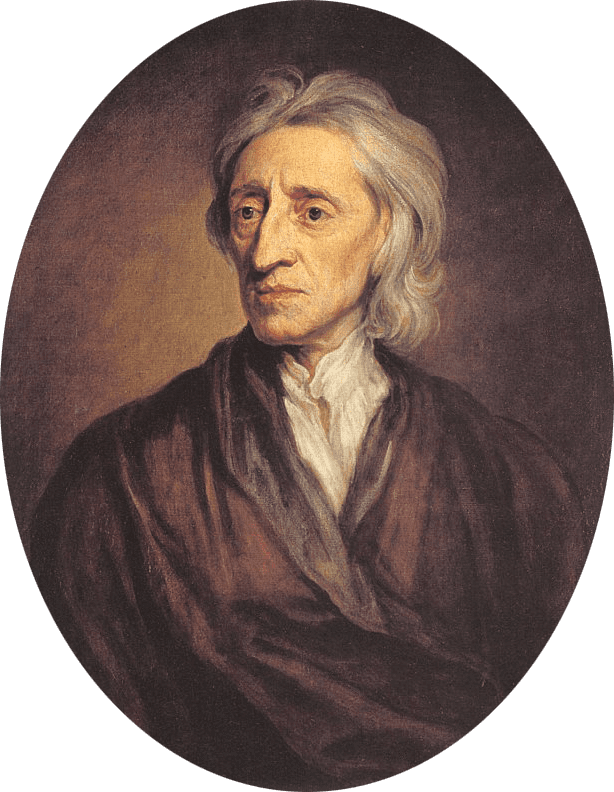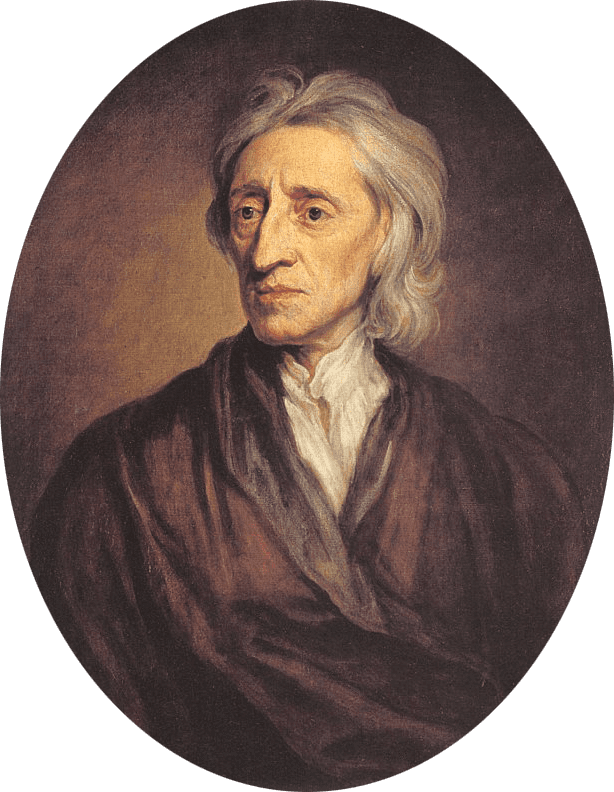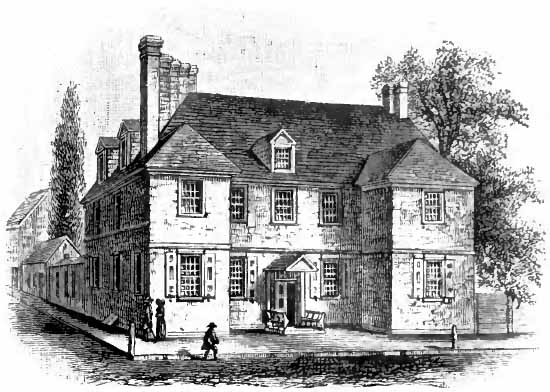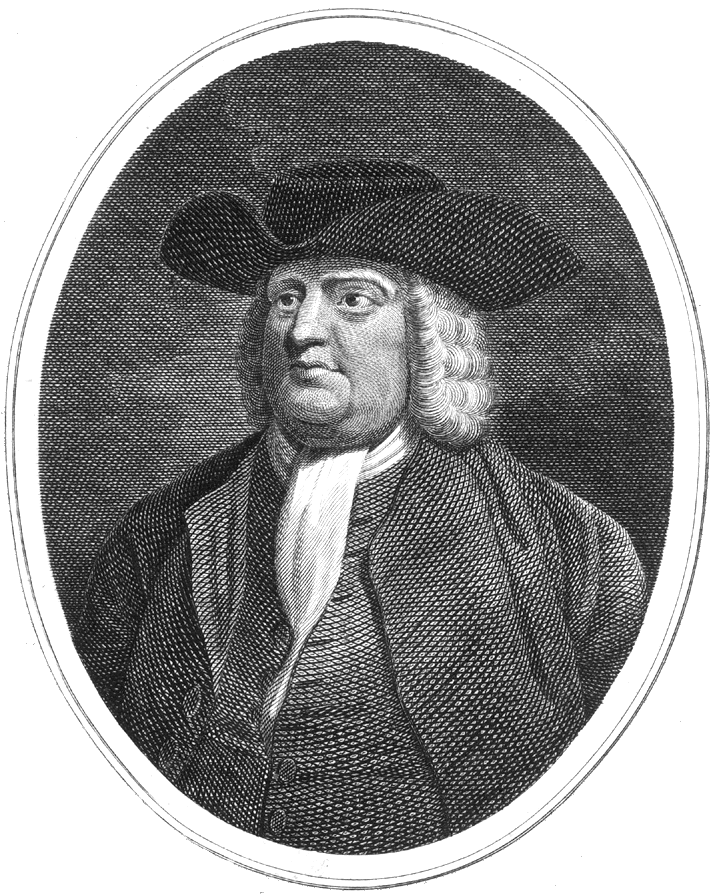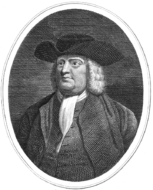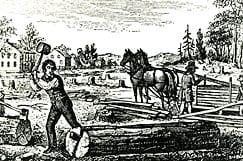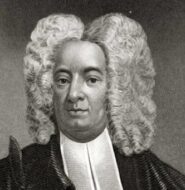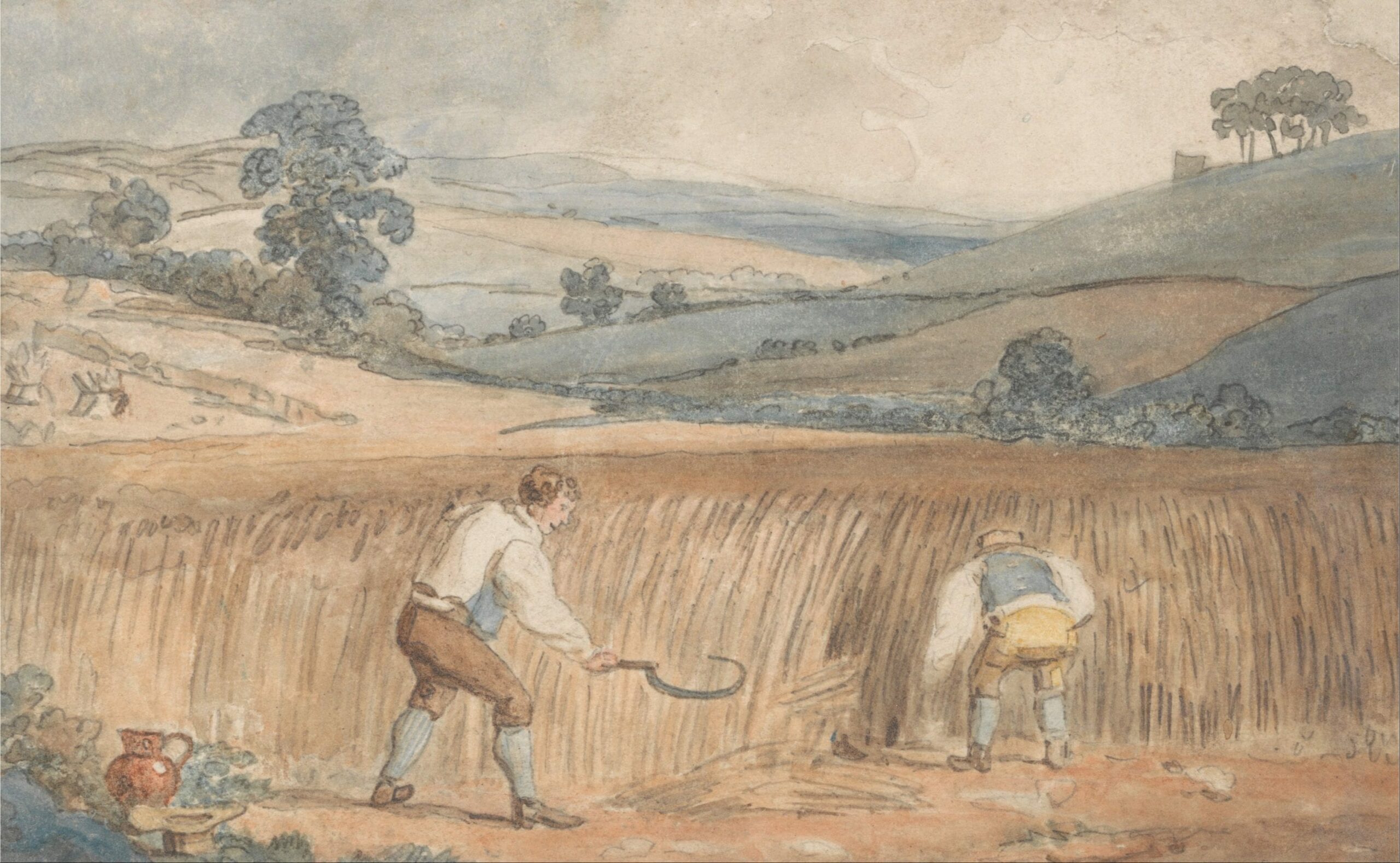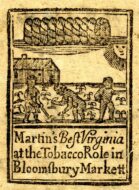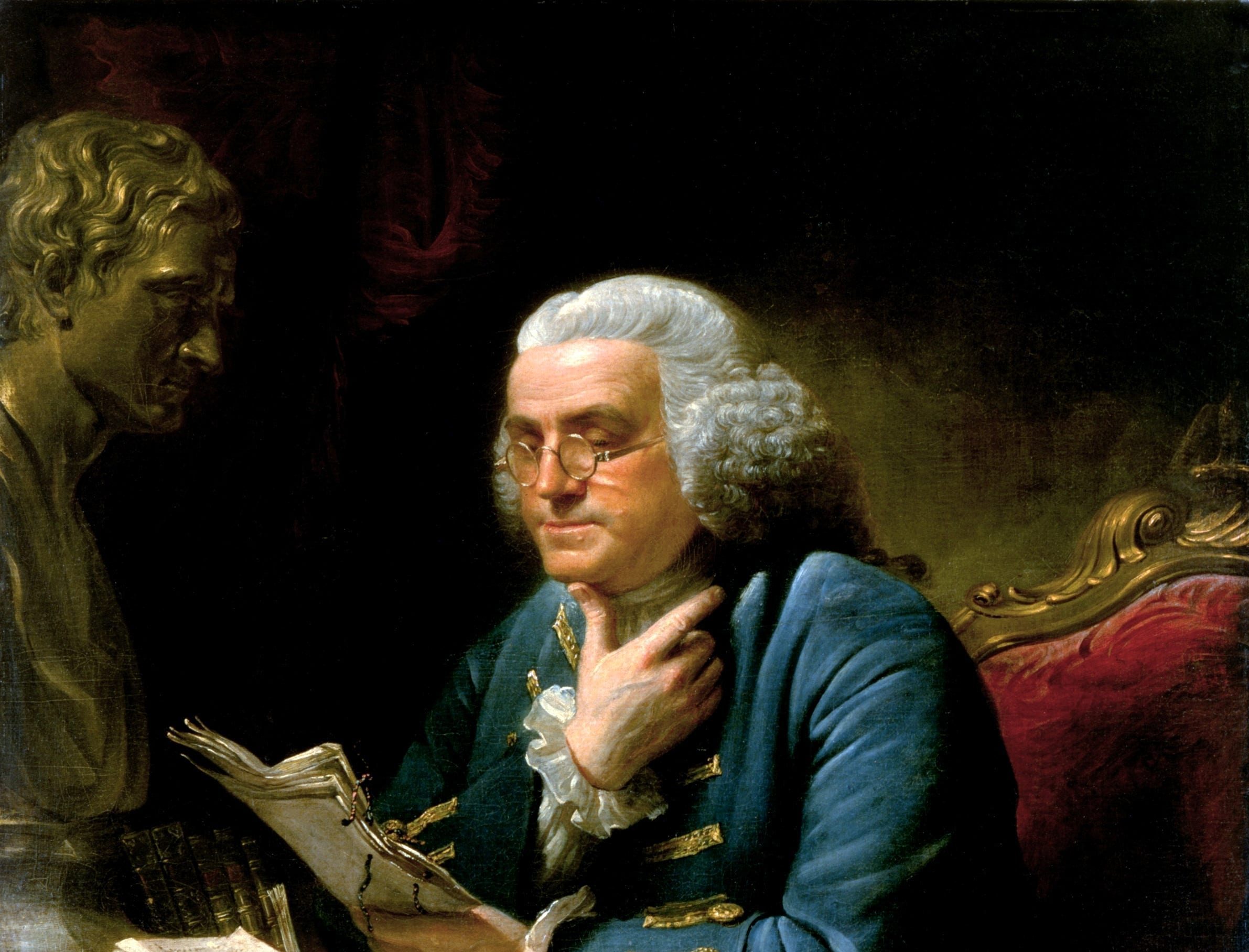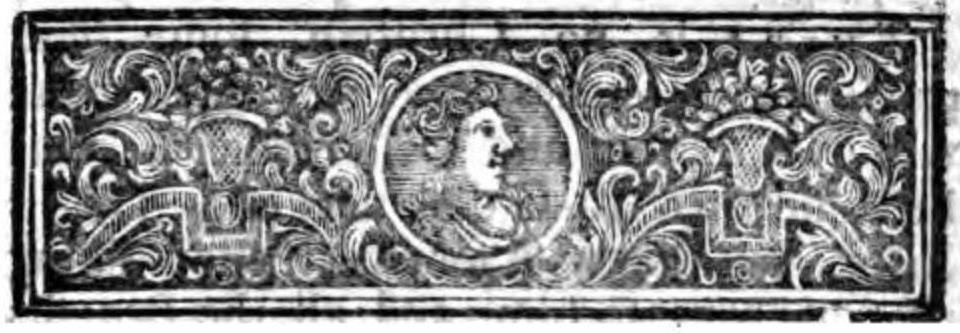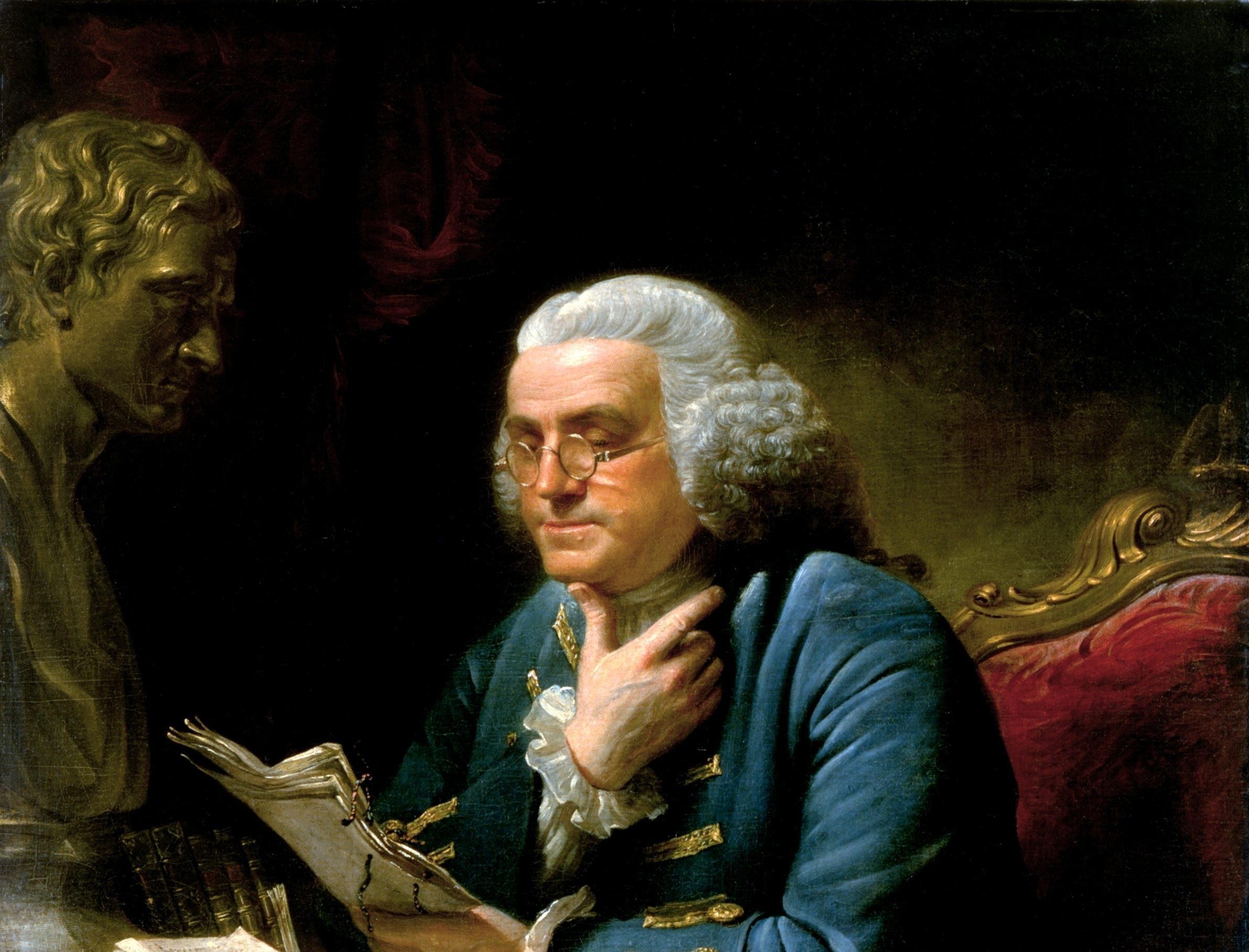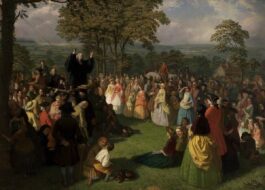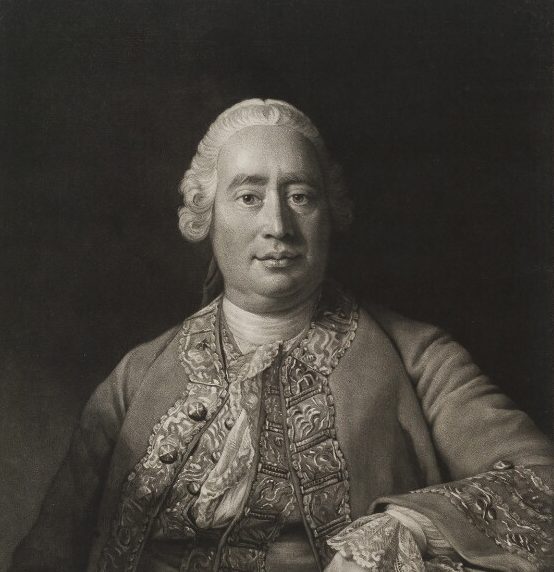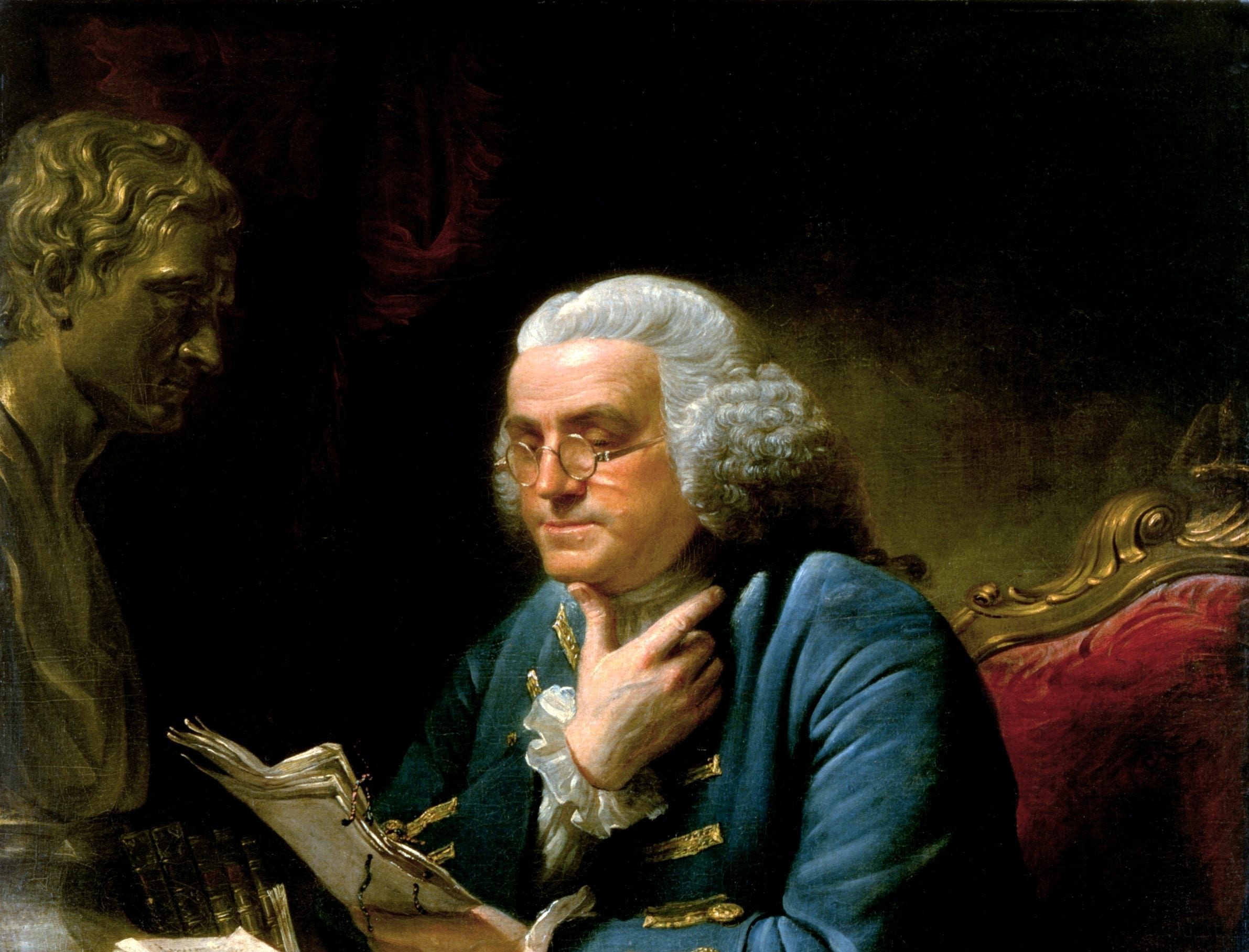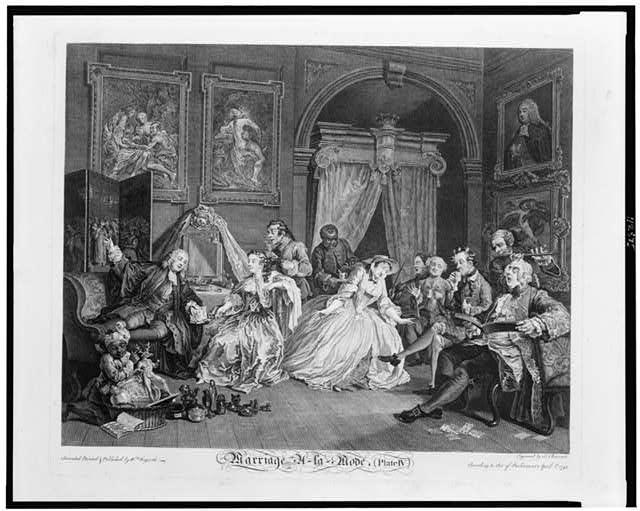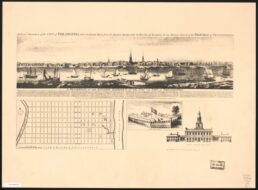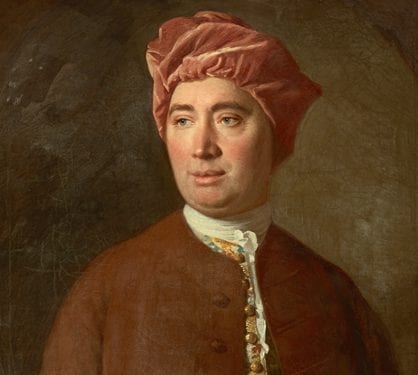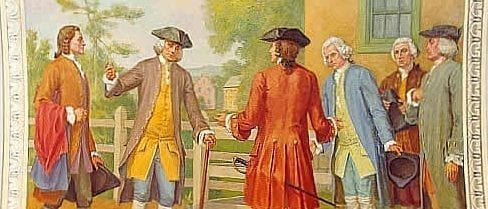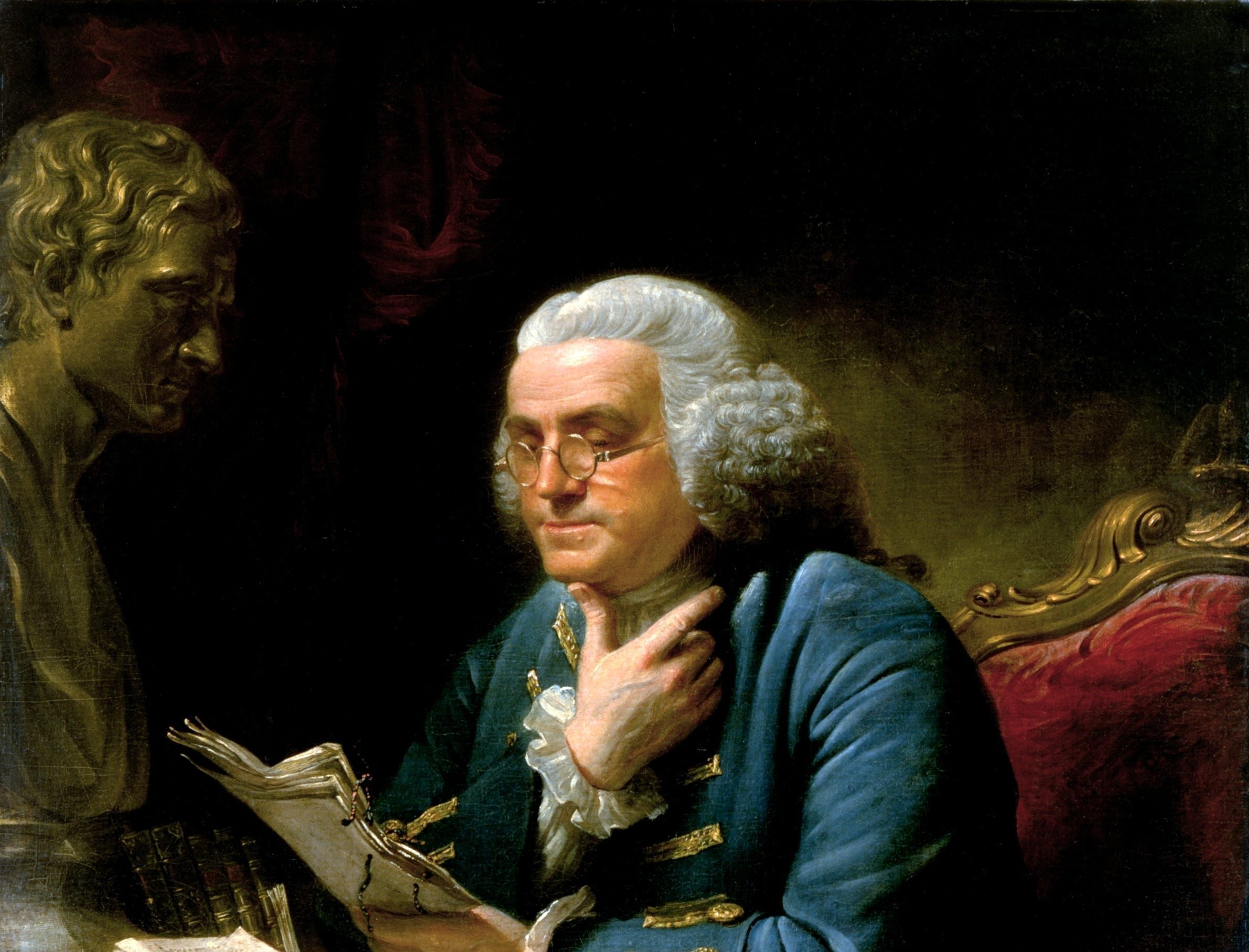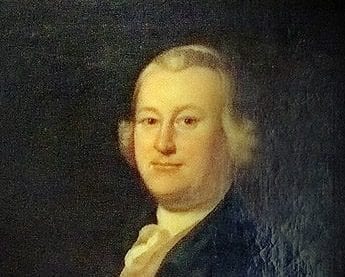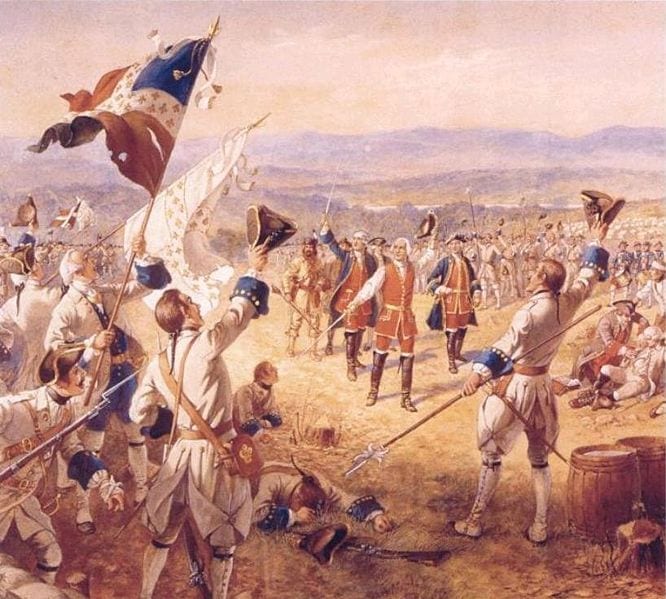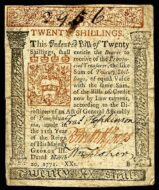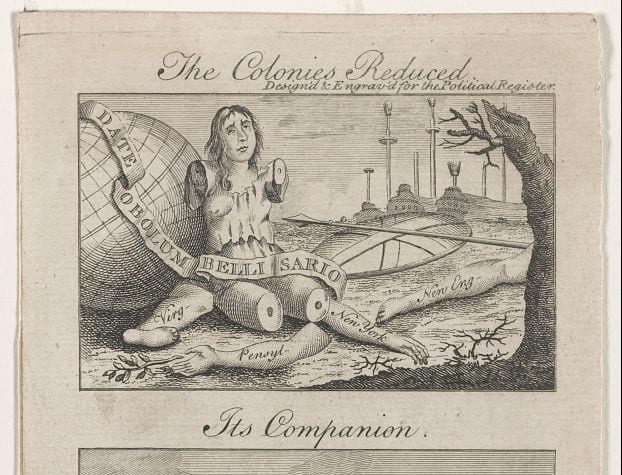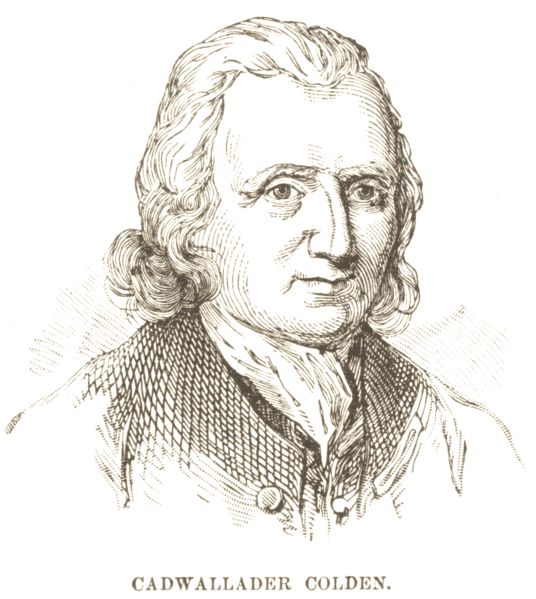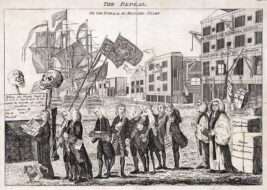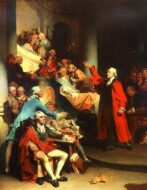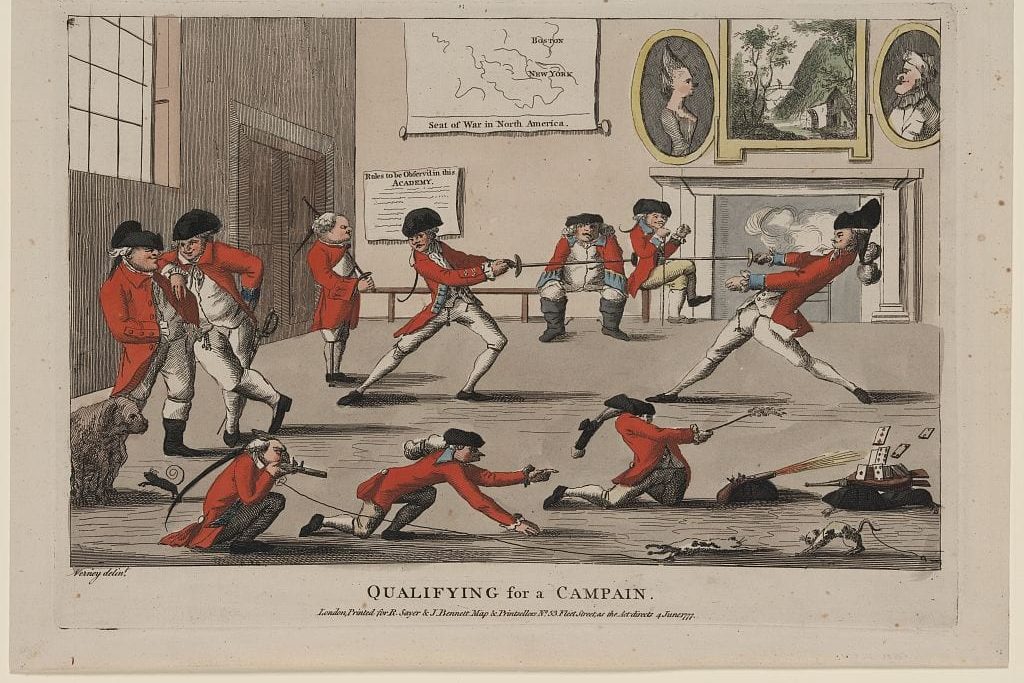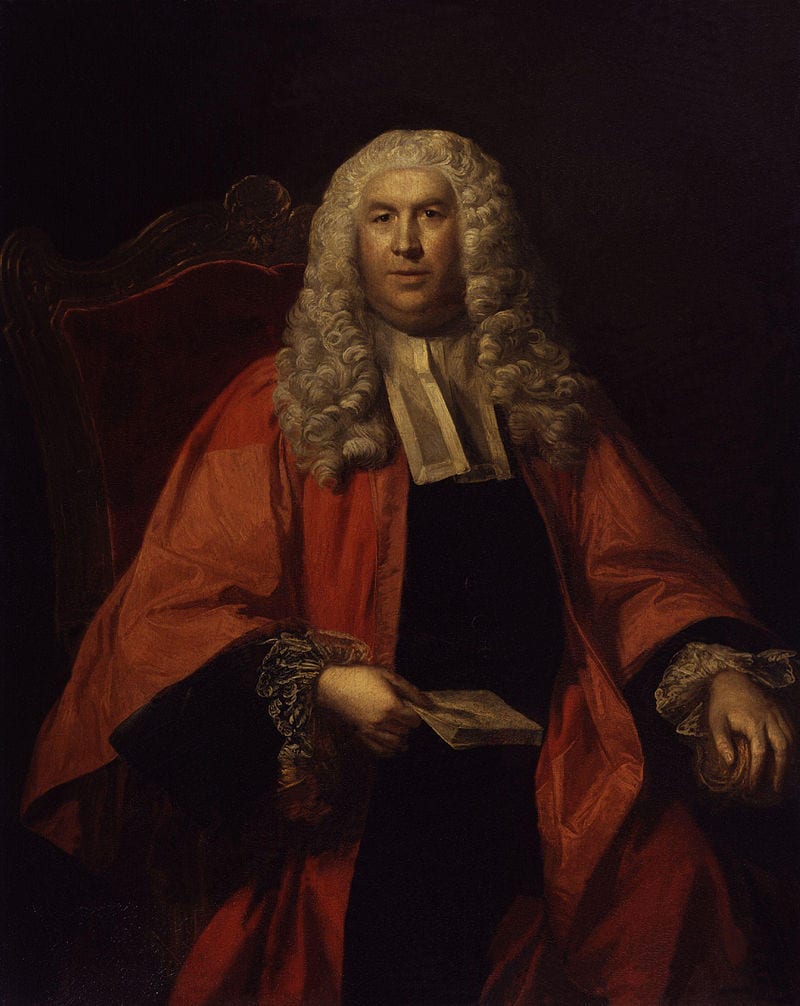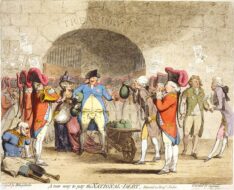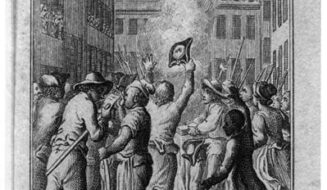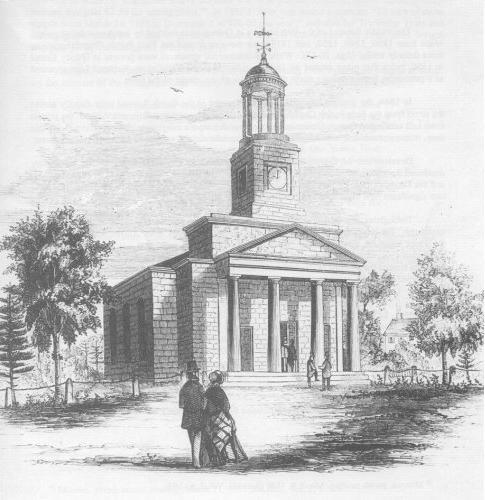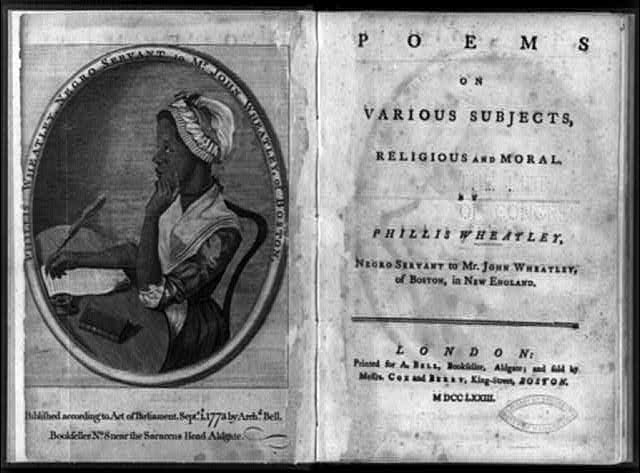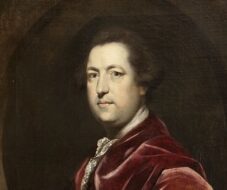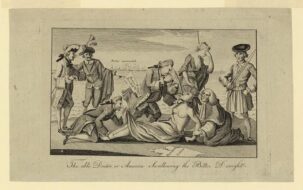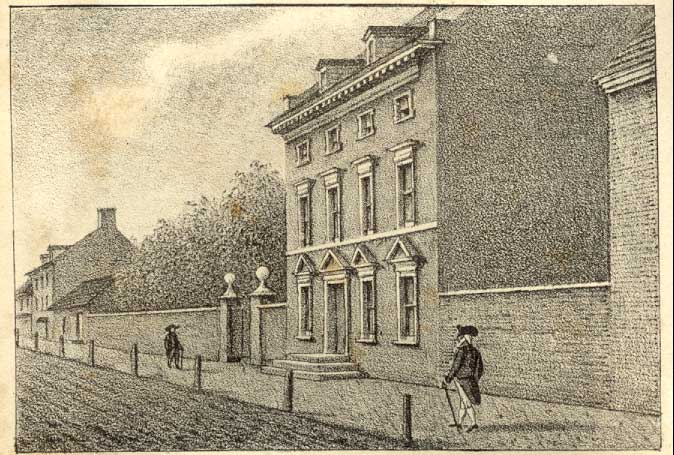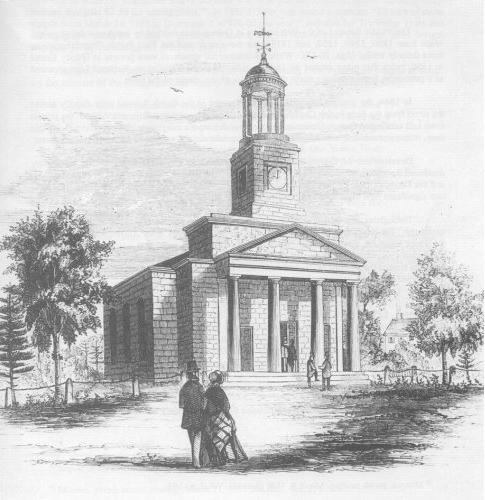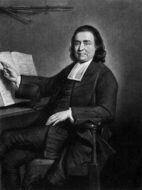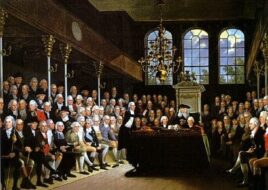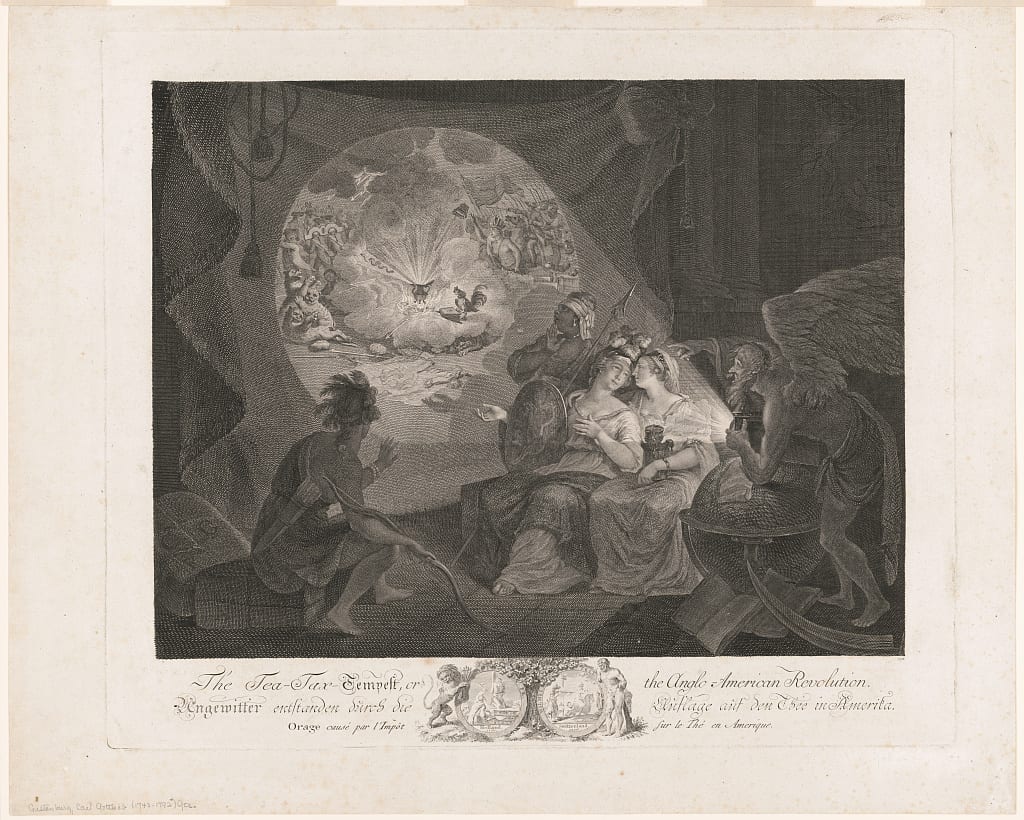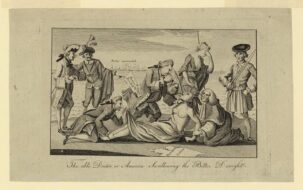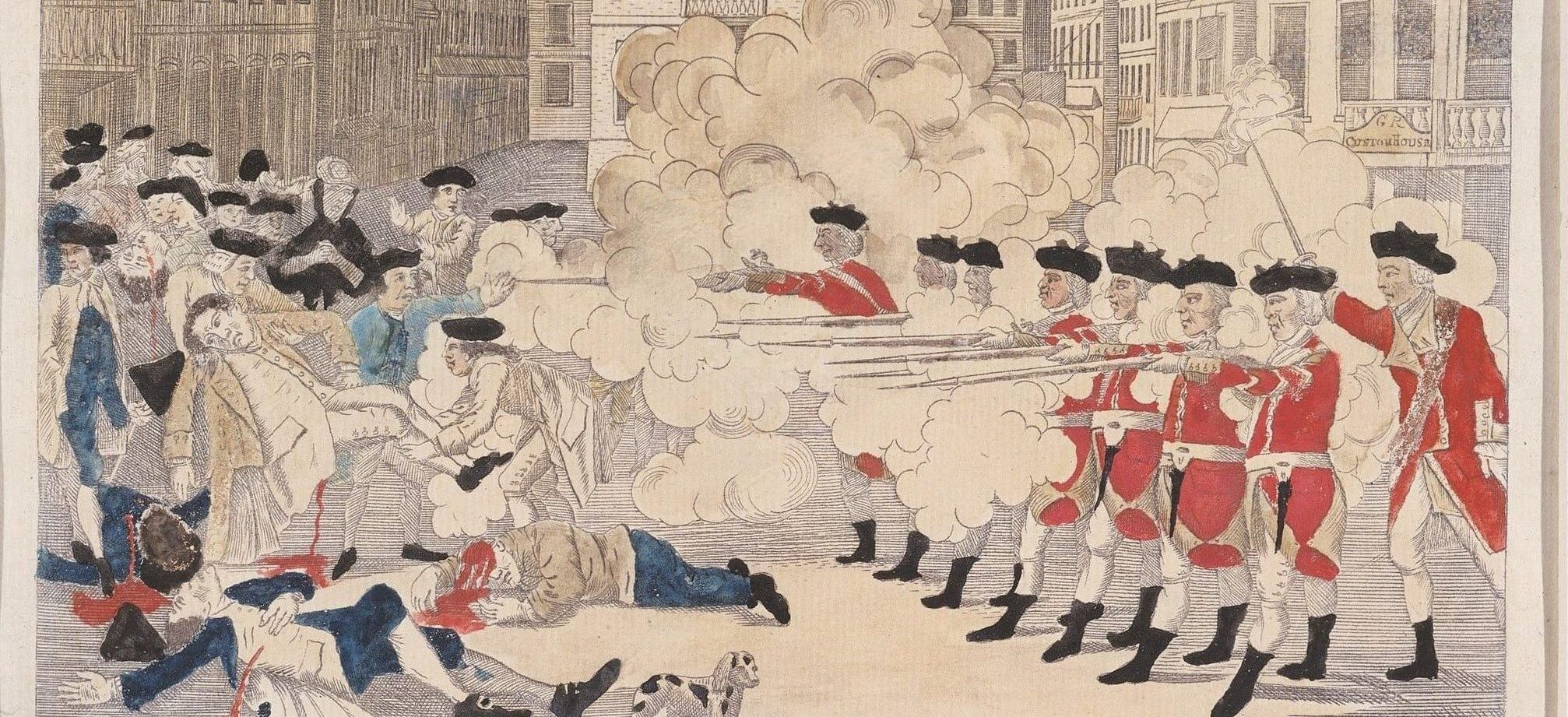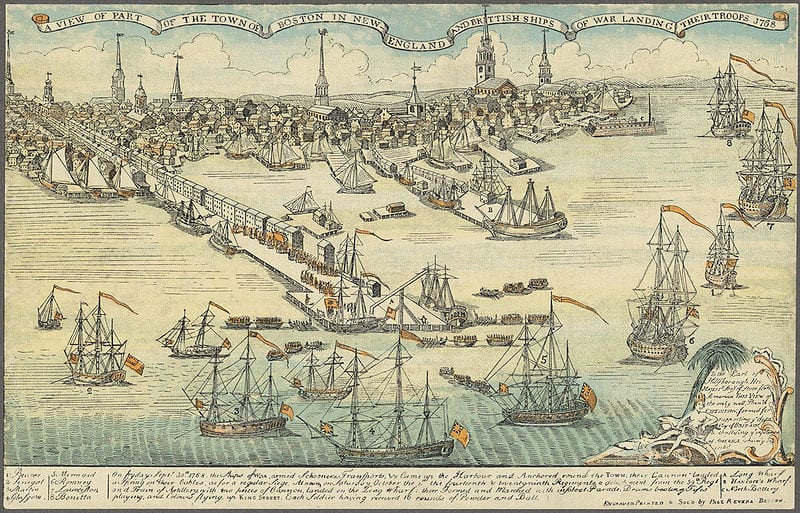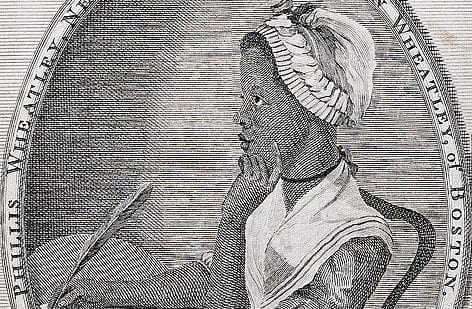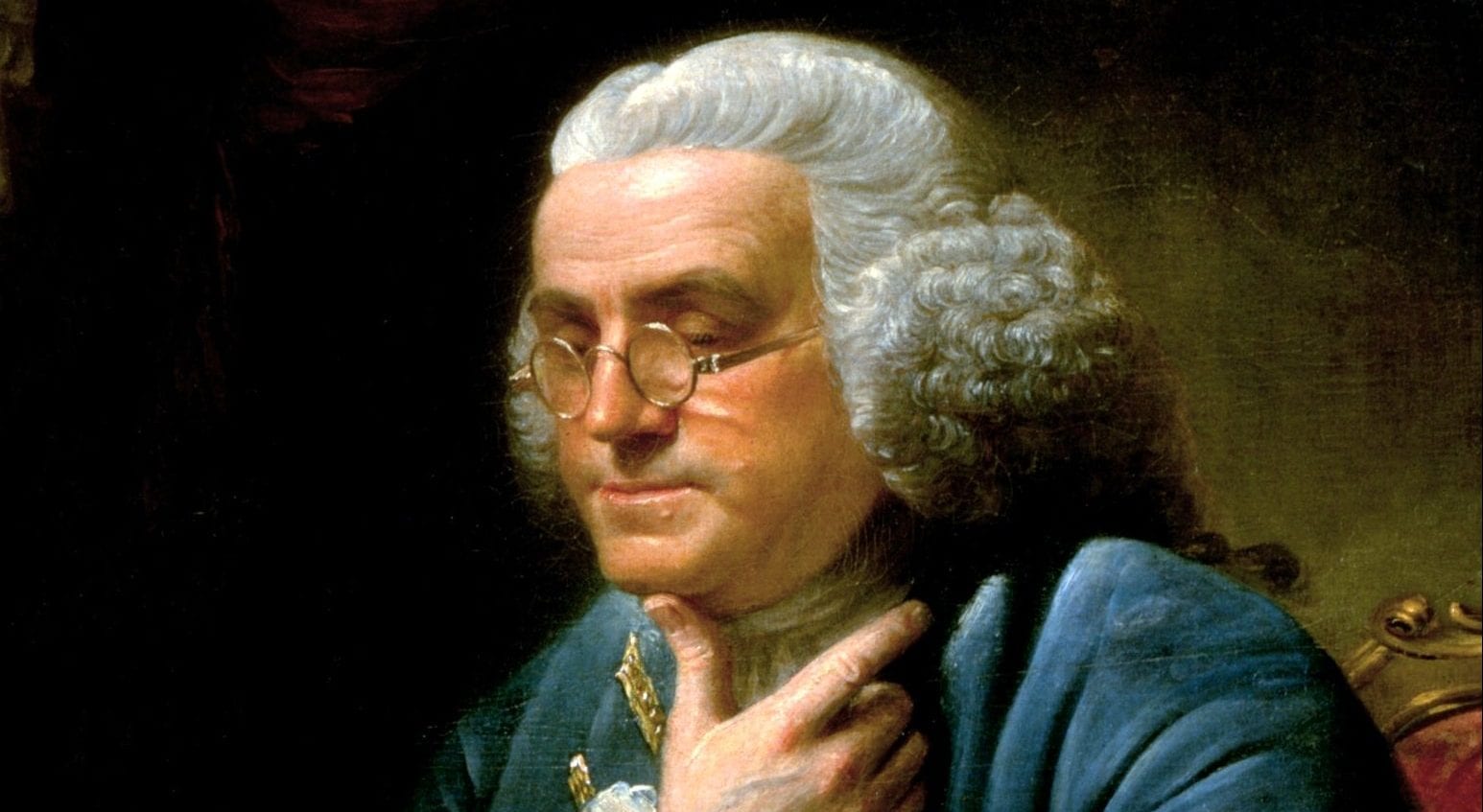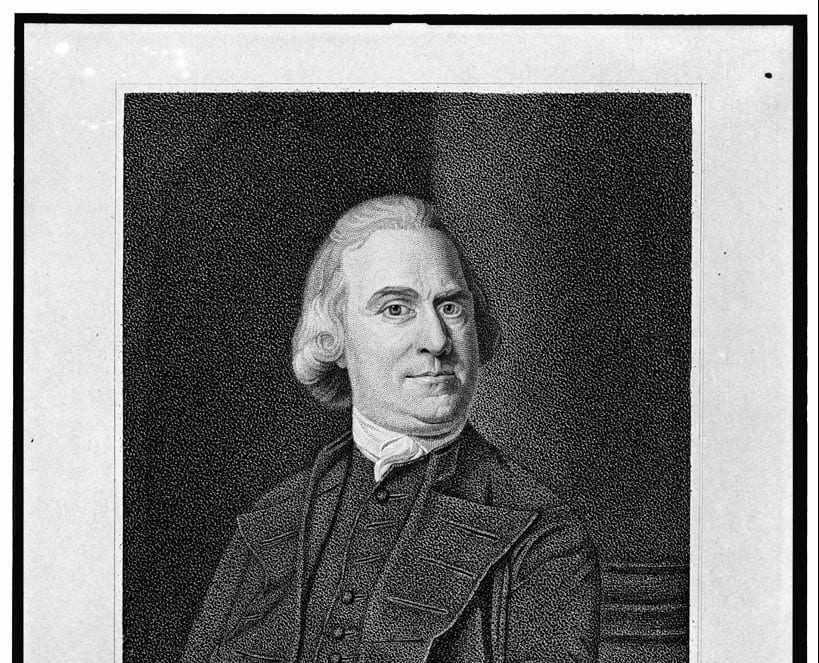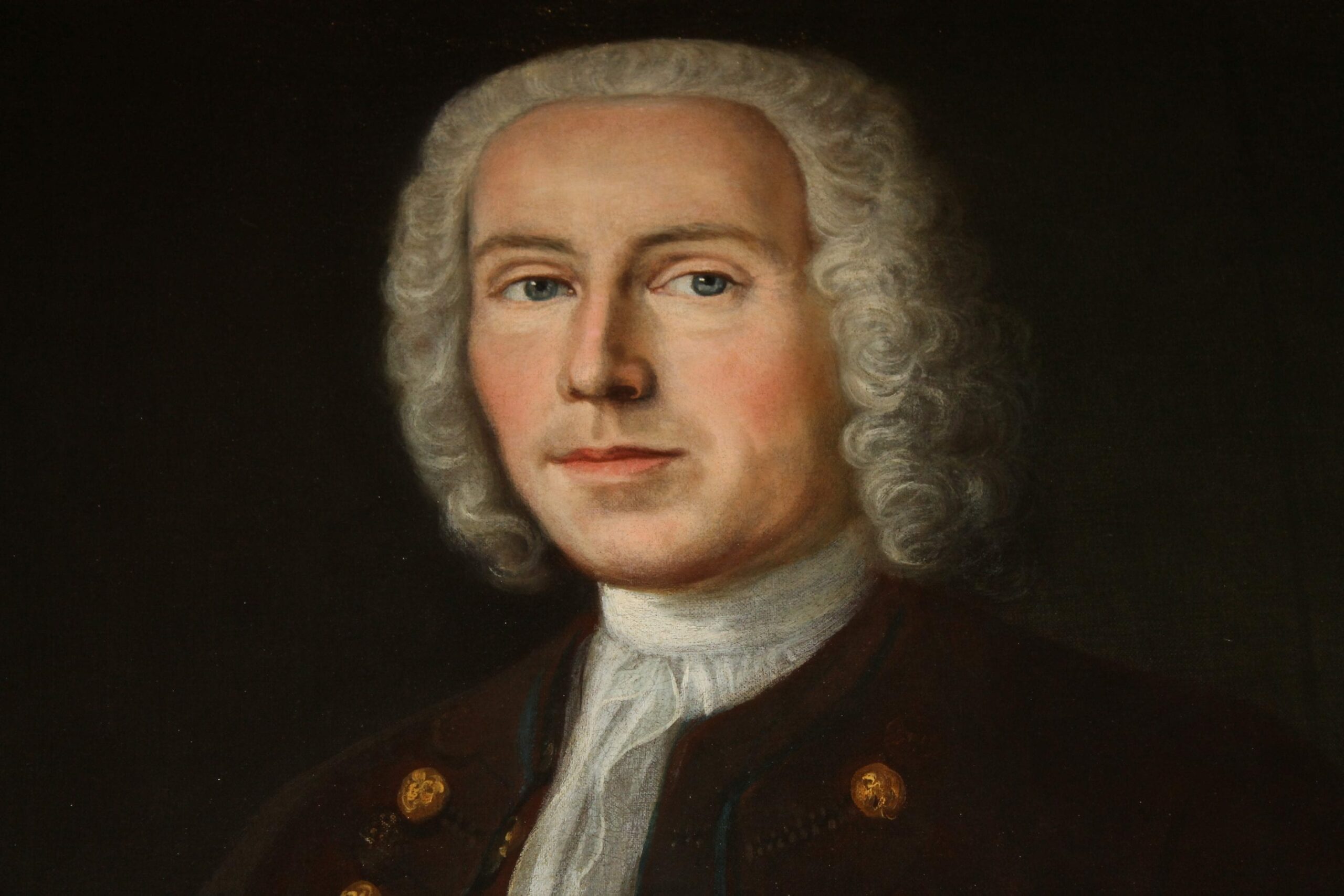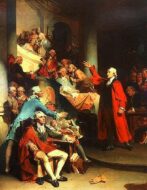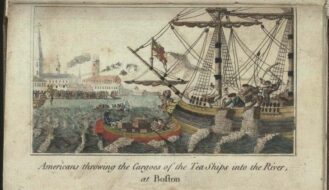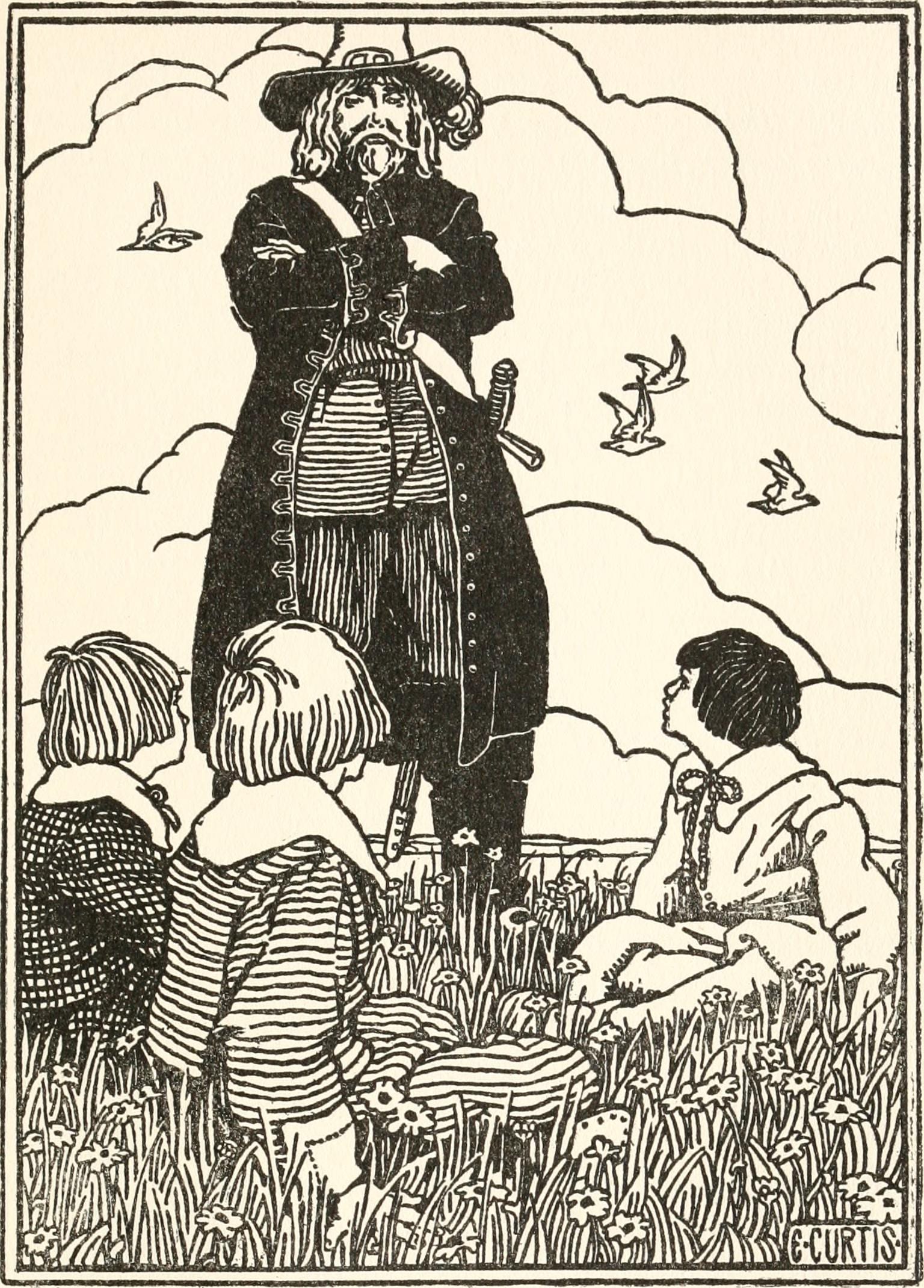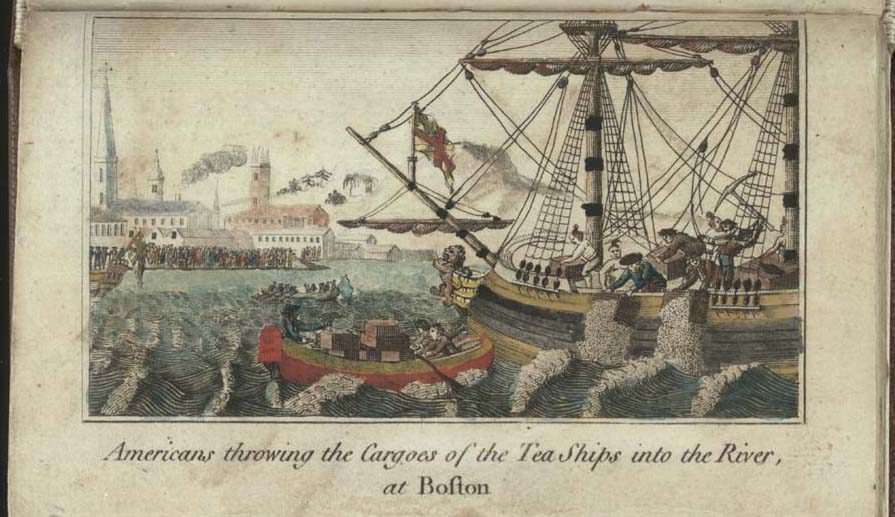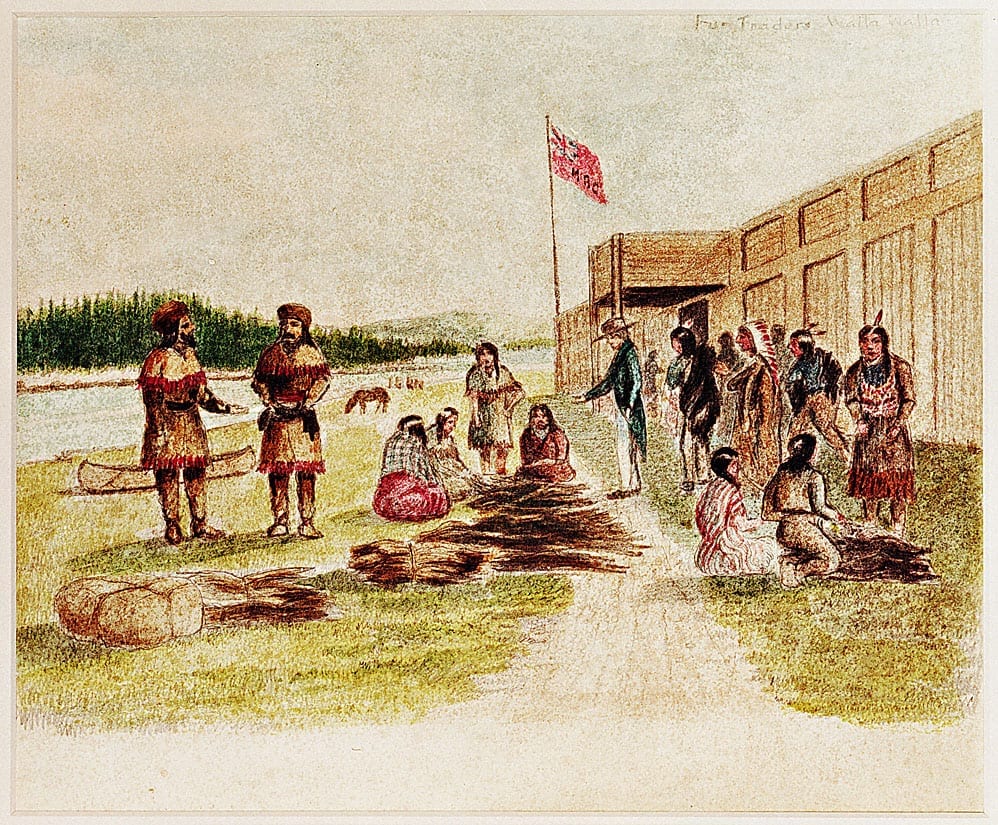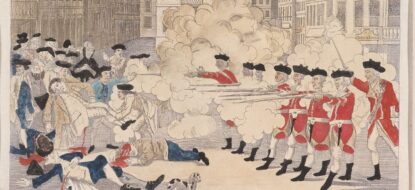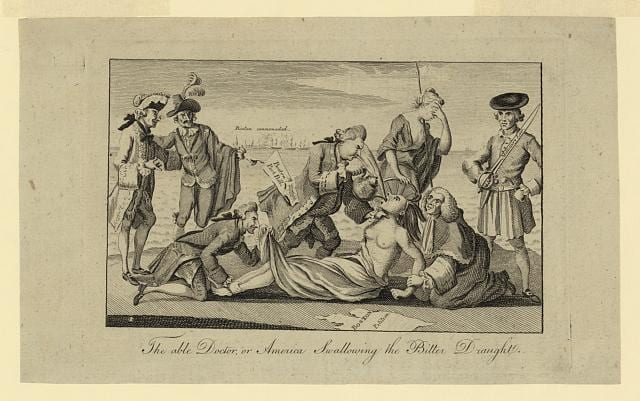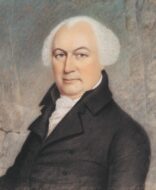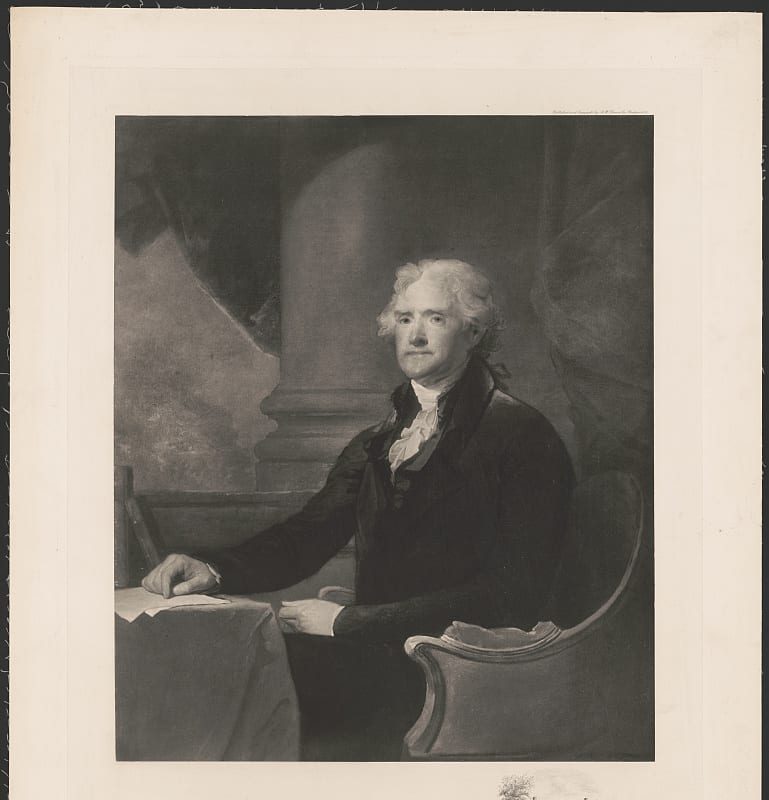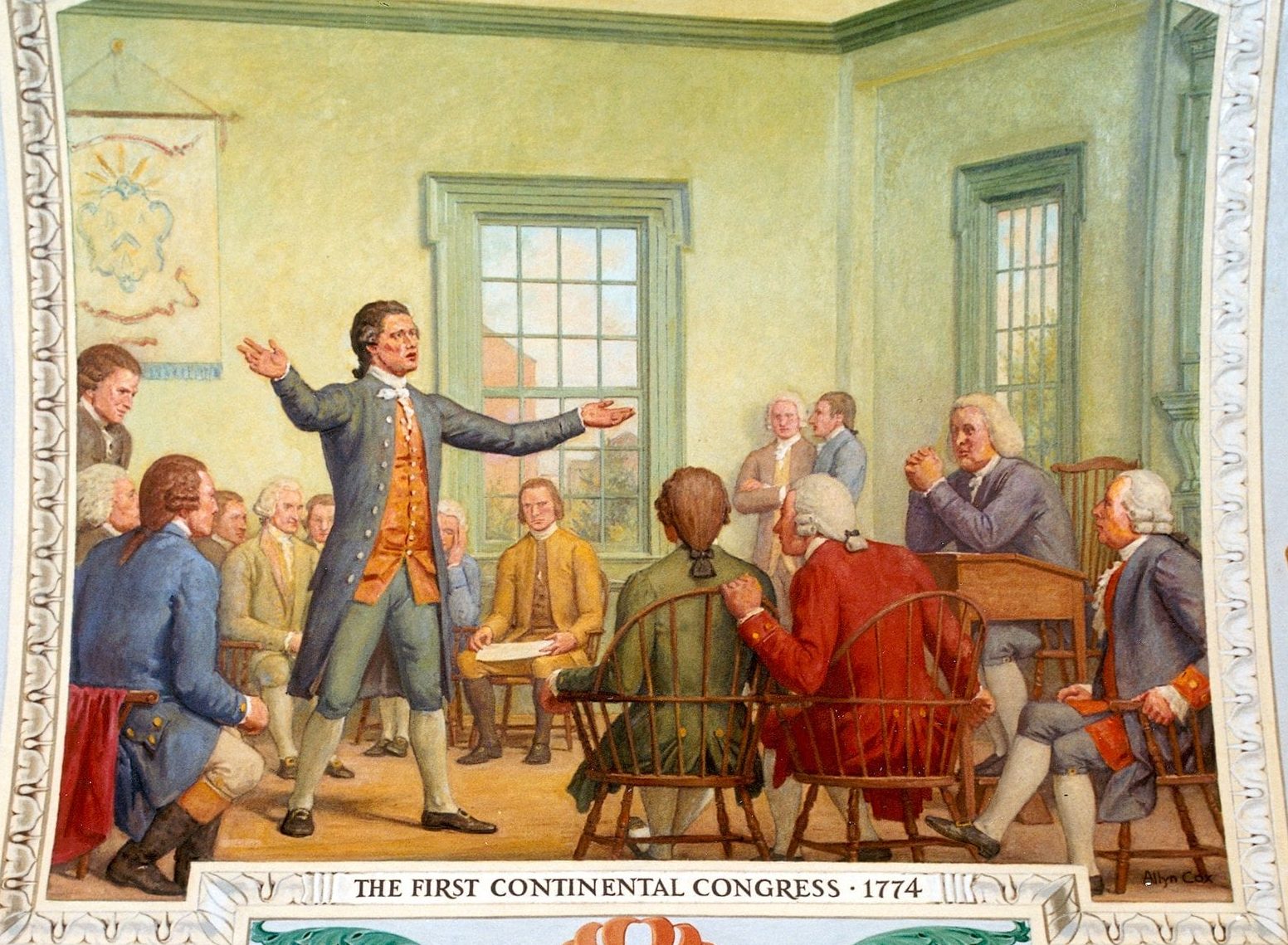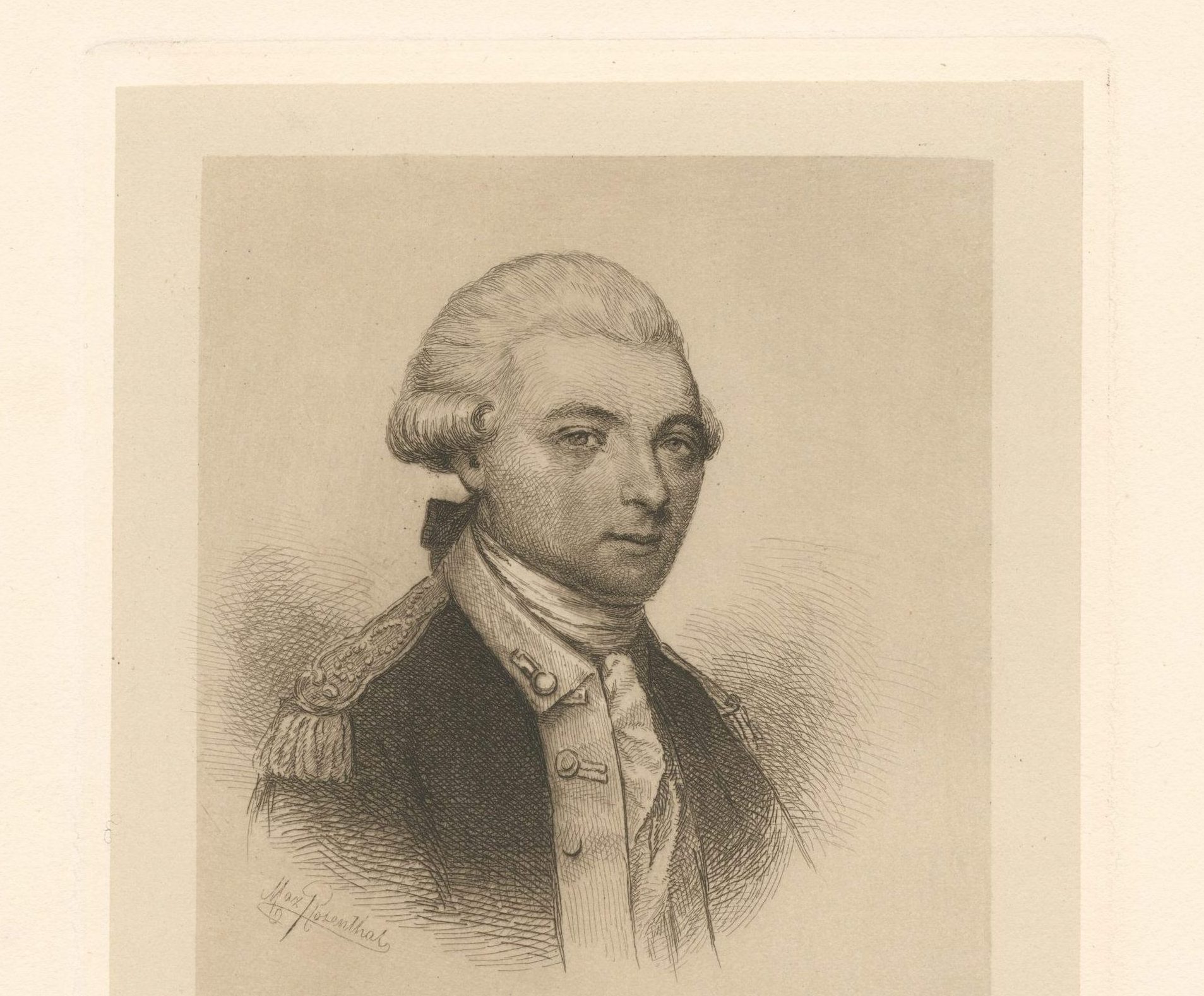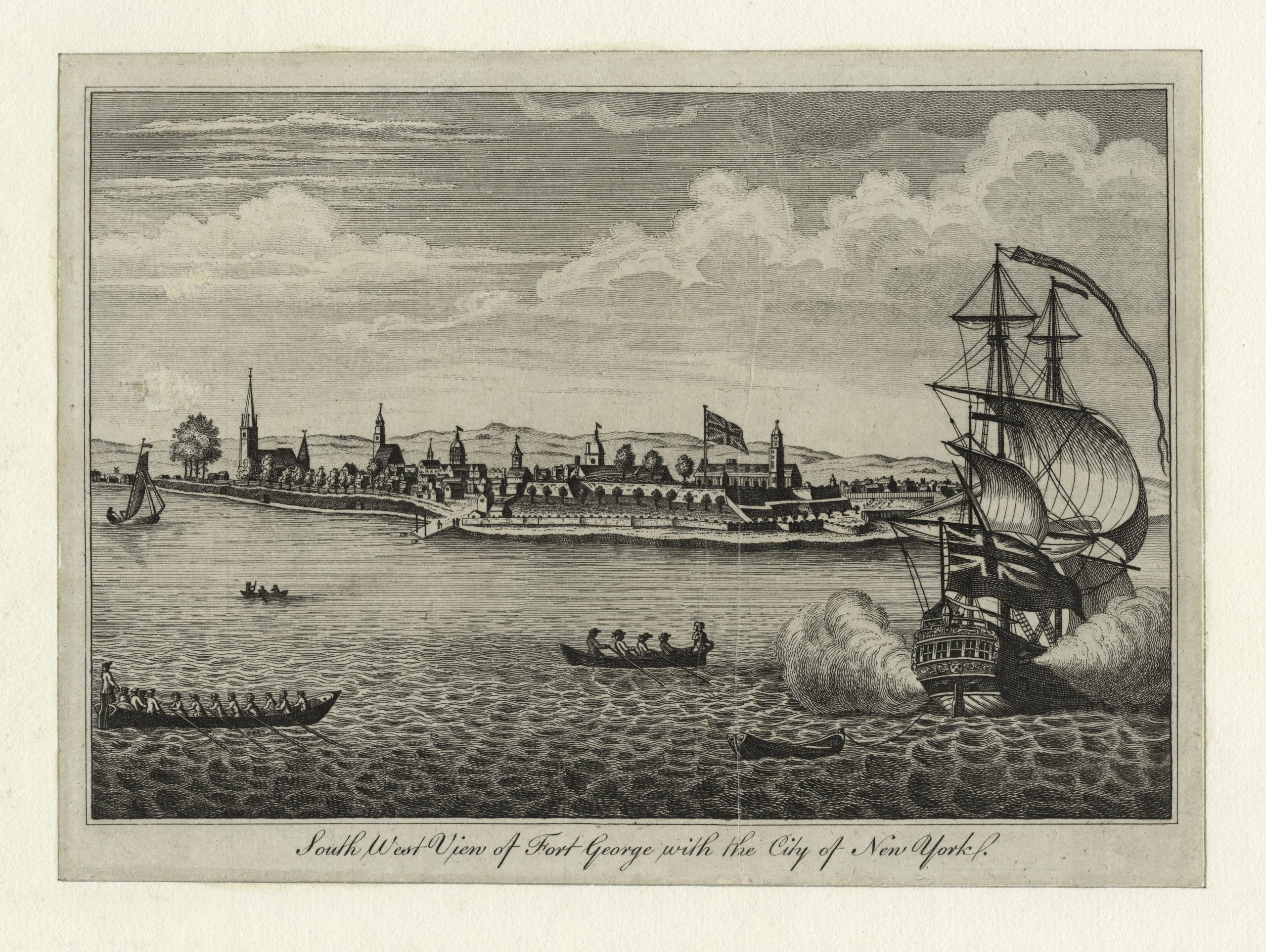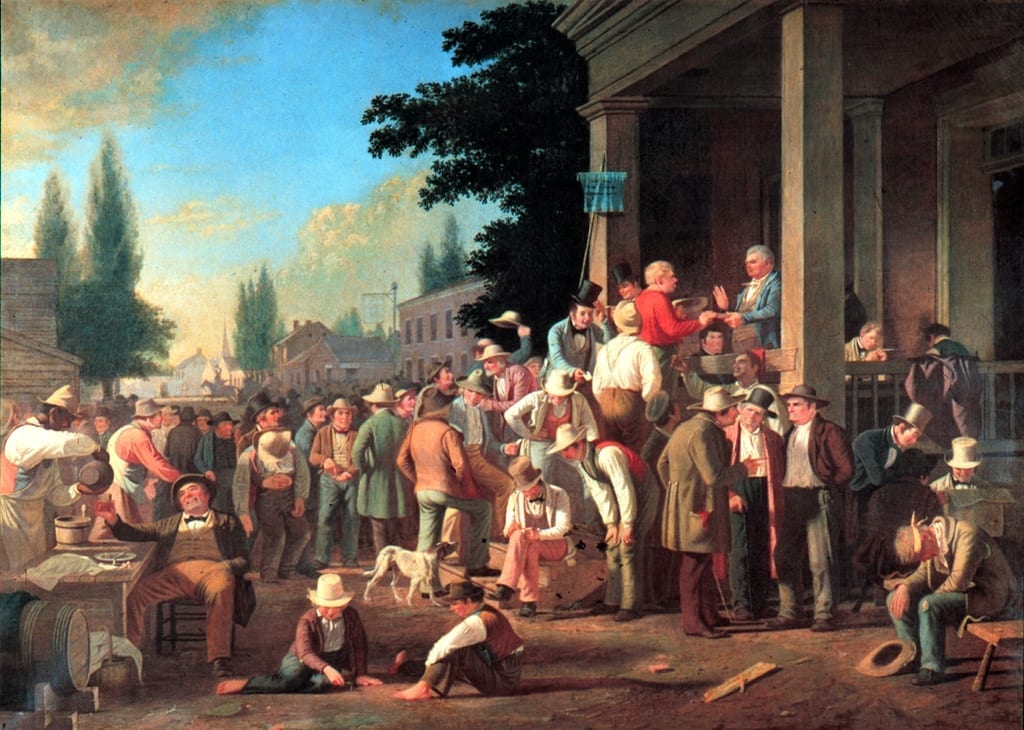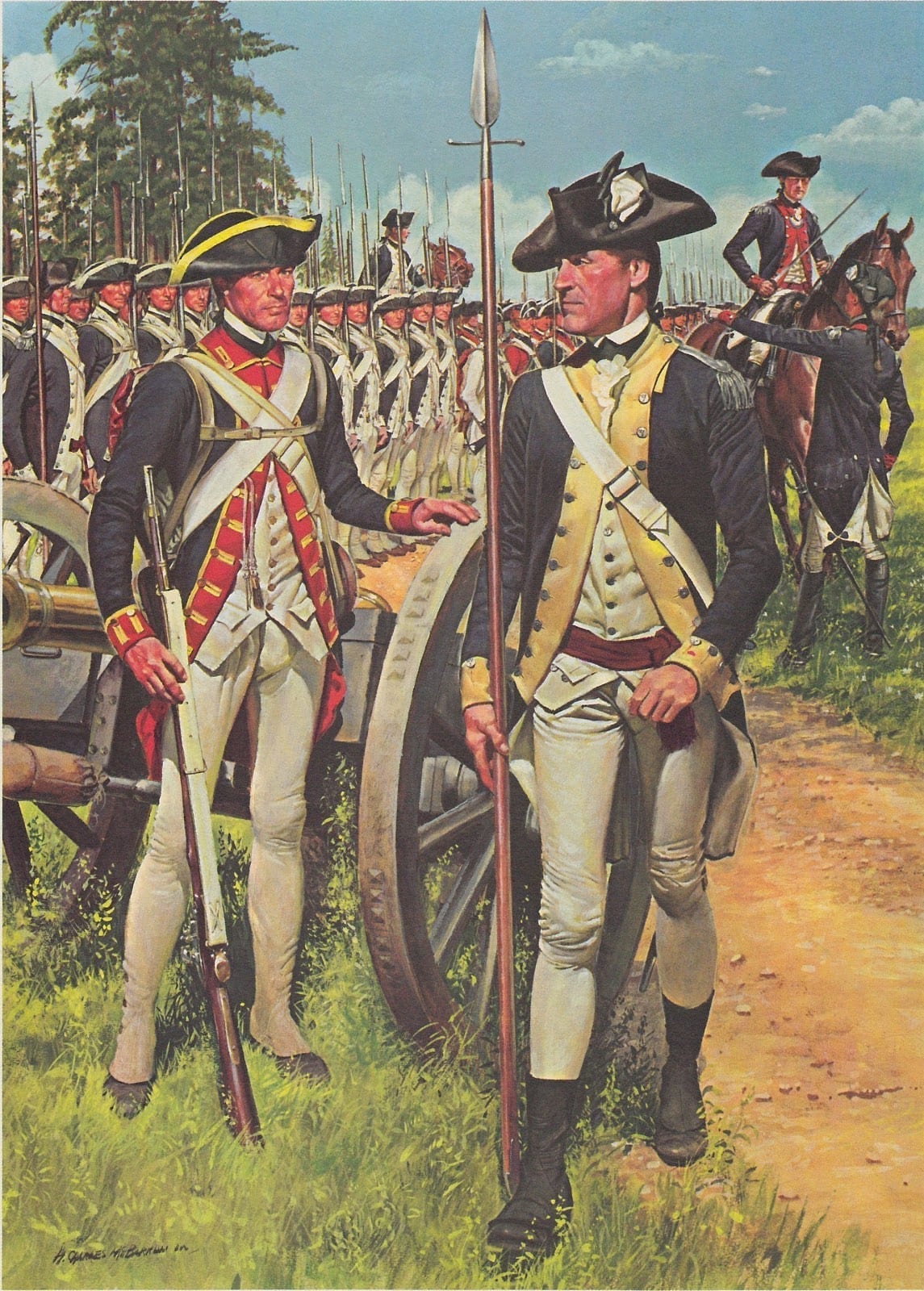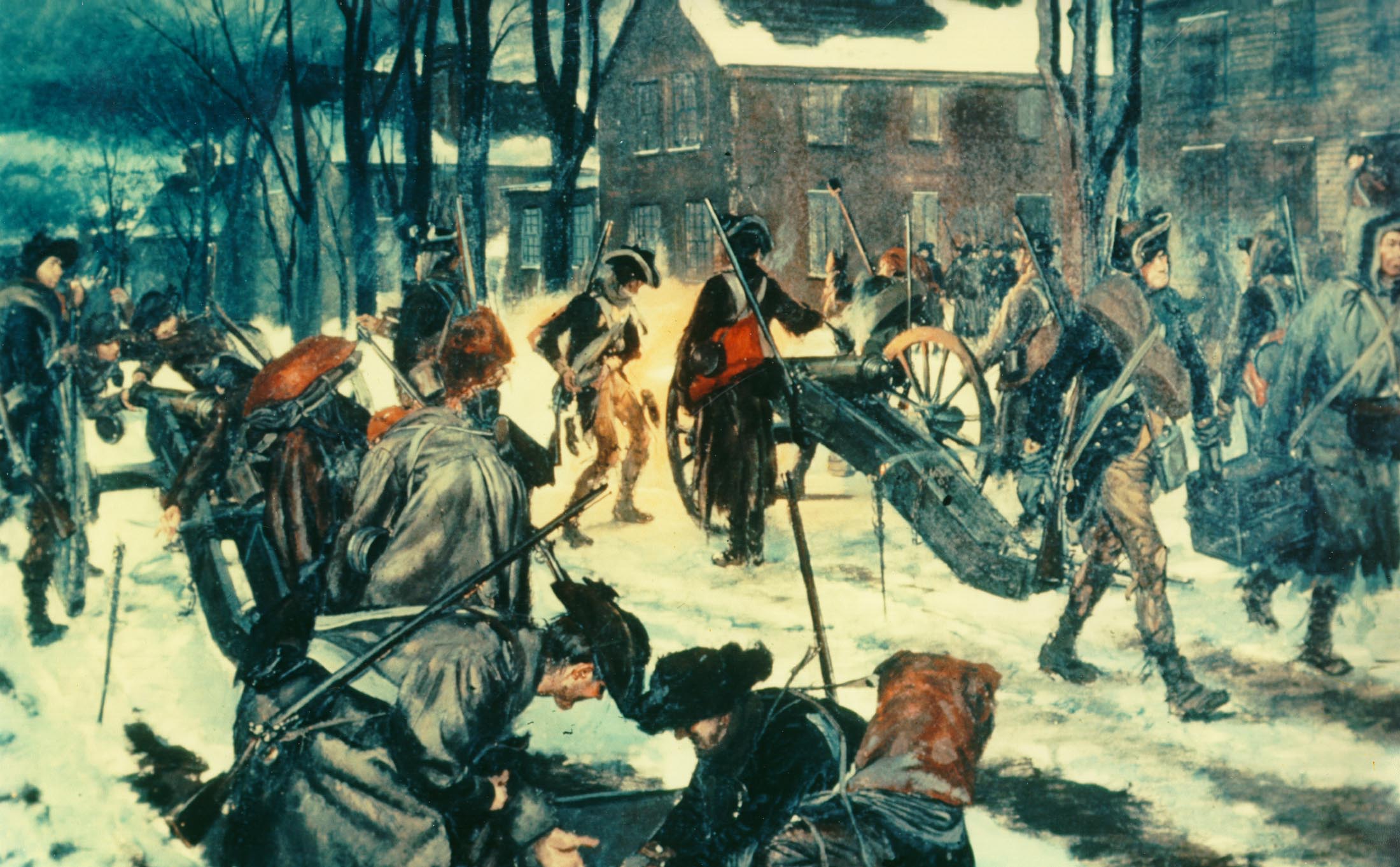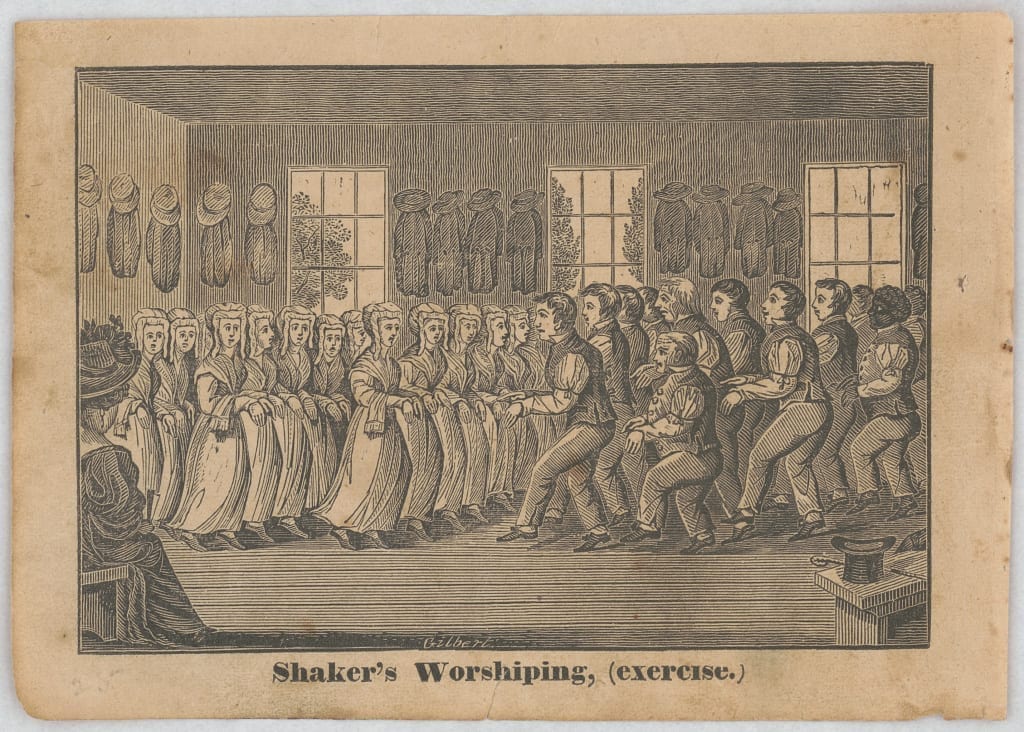
No related resources
Introduction
Boston lawyer James Otis (1725–1783) made a name for himself as a leading critic of British imperial policy. In 1761, he had opposed as unjust and unconstitutional British officials’ searches and seizures of colonists’ property by declaring that “a man’s house is his castle.” In his 1764 pamphlet, Rights of the British Colonies Asserted and Proved, he explained why taxation without representation amounted to tyranny. Making use of principles spelled out in Two Treatises of Government, written in 1689 by John Locke (1632––704), which helped to legitimize the Glorious Revolution of 1688–89 and a line of British monarchs stretching from William and Mary to George III, Otis reminded readers that individual rights were a gift from God and not governments, whose duty it was to acknowledge and protect them. He argued that the property of British Americans could only be taxed by Parliament if colonists enjoyed representation in London. His pamphlet helped to clarify Americans’ beliefs, positioning them to oppose the 1765 Stamp Act and 1767 Townshend Acts.
Source: Rights of the British Colonies Asserted and Proved, in The Collected Political Writings of James Otis, ed. Richard A. Samuelson (Indianapolis: Liberty Fund, 2015), 124–28, 141, 145–8, 152, 155–6, 158, 169–70. https://oll.libertyfund.org/titles/2703#Otis_1644_573
… I affirm that government is founded on the necessity of our natures; and that an original supreme sovereign, absolute, and uncontrollable earthly power must exist in and preside over every society; from whose final decisions there can be no appeal but directly to Heaven. It is therefore originally and ultimately in the people. I say supreme absolute power is originally and ultimately in the people; and they never did in fact freely, nor can they rightfully make an absolute, unlimited renunciation of this divine right. It is ever in the nature of the thing given in trust, and on a condition, the performance of which no mortal can dispense with; namely, that the person or persons on whom the sovereignty is conferred by the people, shall incessantly consult their good. Tyranny of all kinds is to be abhorred, whether it be in the hands of one, or of the few, or of the many. And though “in the last age a generation of men sprung up that would flatter Princes with an opinion that they have a divine right to absolute power”; yet “slavery is so vile and miserable an estate of man, and so directly opposite to the generous temper and courage of our nation, that it is hard to be conceived that an Englishman, much less a gentleman, should plead for it”: especially at a time when the finest writers of the most polite nations on the continent of Europe, are enraptured with the beauties of the civil constitution of Great Britain; and envy her, no less for the freedom of her sons, than for her immense wealth and military glory.
But let the origin of government be placed where it may, the end of it is manifestly the good of the whole. Salus populi supreme lex esto,[1] is of the law of nature, and part of that grand charter given the human race (although too many of them are afraid to assert it), by the only monarch in the universe, who has a clear and indisputable right to absolute power; because he is the only One who is omniscient as well as omnipotent.
It is evidently contrary to the first principles of reason that supreme unlimited power should be in the hands of one man. It is the greatest “idolatry, begotten by flattery, on the body of pride,” that could induce one to think that single mortal should be able to hold so great a power, if ever so well inclined. Hence the origin of deifying princes: It was from the trick of gulling the vulgar into a belief that their tyrants were omniscient, and that it was therefore right, that they should be considered as omnipotent….
The end of government being the good of mankind, points out its great duties: It is above all things to provide for the security, the quiet, and happy enjoyment of life, liberty, and property. There is no one act which a government can have a right to make, that does not tend to the advancement of the security, tranquility, and prosperity of the people….
The first principle and great end of government being to provide for the best good of all the people, this can be done only by a supreme legislative and executive ultimately in the people, or whole community, where God has placed it; but the inconveniencies, not to say impossibility, attending the consultations and operations of a large body of people have made it necessary to transfer the power of the whole to a few: This necessity gave rise to deputation, proxy, or a right of representation.
… There is nothing more evident, says Mr. Locke, than “that creatures of the same species and rank promiscuously born to all the same advantages of nature, and the use of the same faculties, should also be equal one among another, without subordination and subjection, unless the master of them all should by any manifest declaration of his will set one above another, and confer on him by an evident and clear appointment, and undoubted right to dominion and sovereignty.” “The natural liberty of man is to be free from any superior power on earth, and not to be under the will or legislative authority of man, but only to have the law of nature for his rule.”[2] This is the liberty of independent states; this is the liberty of every man out of society, and who has a mind to live so; which liberty is only abridged in certain instances, not lost to those who are born in or voluntarily enter into society; this gift of God cannot be annihilated.
… Every British subject born on the continent of America, or in any other of the British dominions, is by the law of God and nature, by the common law, and by act of Parliament (exclusive of all charters from the crown), entitled to all the natural, essential, inherent, and inseparable rights of our fellow subjects in Great Britain. Among those rights are the following, which it is humbly conceived no man or body of men, not excepting the Parliament—justly, equitably, and consistently with their own rights and the constitution—can take away.
1st. That the supreme and subordinate powers of the legislation should be free and sacred in the hands where the community… rightfully placed them.
2dly. The supreme national legislative cannot be altered justly until the commonwealth is dissolved, nor a subordinate legislative taken away without forfeiture or other good cause. Nor then can the subjects in the subordinate government be reduced to a state of slavery, and subject to the despotic rule of others. A state has no right to make slaves of the conquered. Even when the subordinate right of legislature is forfeited, and so declared, this cannot affect the natural persons either of those who were invested with it, or the inhabitants, so far as to deprive them of the rights of subjects and of men. The colonists will have an equitable right notwithstanding any such forfeiture of charter, to be represented in Parliament, or to have some new subordinate legislature among themselves. It would be best if they had both. Deprived, however, of their common rights as subjects, they cannot lawfully be, while they remain such. A representation in Parliament from the several colonies, since they are become so large and numerous, as to be called on not to maintain provincial government, civil and military, among themselves, for this they have cheerfully done, but to contribute towards the support of a national standing army, by reason of the heavy national debt, when they themselves owe a large one, contracted in the common cause, can’t be thought an unreasonable thing, nor if asked, could it be called an immodest request. Qui sentis commodum sentire debet et onus,[3] has been thought a maxim of equity. But that a man should bear a burden for other people, as well as himself, without a return, never long found a place in any law book or decrees, but those of the most despotic princes. Besides the equity of an American representation in Parliament, a thousand advantages would result from it. It would be the most effectual means of giving those of both countries a thorough knowledge of each other’s interests; as well as that of the whole, which are inseparable.
… No representation of the colonies in Parliament alone, would, however, be equivalent to a subordinate legislature among themselves; nor so well answer the ends of increasing their prosperity and the commerce of Great Britain. It would be impossible for the Parliament to judge so well, of their abilities to bear taxes, impositions on trade, and other duties and burdens, or of the local laws that might be really needful, as a legislature here.
3dly. No legislature, supreme or subordinate, has a right to make itself arbitrary.
It would be a most manifest contradiction, for a free legislature, like that of Great Britain, to make itself arbitrary.
4thly. The supreme legislature cannot justly assume a power of ruling by extempore arbitrary decrees, but is bound to dispense justice by known settled rules, and by duly authorized independent judges.
5thly. The supreme power cannot take from any man any part of his property, without his consent in person, or by representation.
6thly. The legislature cannot transfer the power of making laws to any other hands.
These are their bounds, which by God and nature are fixed, hitherto have they a right to come, and no further.
- To govern by stated laws.
- Those laws should have no other end ultimately, but the good of the people.
- Taxes are not to be laid on the people, but by their consent in person, or by deputation.
- Their whole power is not transferable.
These are the first principles of law and justice, and the great barriers of a free state, and of the British constitution in particular. I ask, I want no more. Now let it be shown how it is reconcilable with these principles, or to many other fundamental maxims of the British constitution, as well as the natural and civil rights, which by the laws of their country, all British subjects are entitled to, as their best inheritance and birthright, that all the northern colonies, who are without one representative in the House of Commons, should be taxed by the British Parliament.
That the colonists, black and white, born here, are freeborn British subjects, and entitled to all the essential civil rights of such, is a truth not only manifest from the provincial charters, from the principles of the common law, and acts of Parliament; but from the British constitution, which was reestablished at the revolution,[4] with a professed design to lecture the liberties of all the subjects to all generations.
… Now can there be any liberty, where property is taken away without consent? Can it with any color of truth, justice, or equity, be affirmed, that the northern colonies are represented in Parliament? Has this whole continent of near three thousand miles in length, and in which and his other American dominions, his majesty has, or very soon will have, some millions of as good, loyal, and useful subjects, white and black, as any in the three kingdoms, the election of one member of the House of Commons?
Is there the least difference, as to the consent of the colonists, whether taxes and impositions are laid on their trade, and other property, by the crown alone, or by the Parliament? As it is agreed on all hands, the crown alone cannot impost them. We should be justifiable in refusing to pay them, but must and ought to yield obedience to an act of Parliament, although erroneous, until repealed.
I can see no reason to doubt, but that the imposition of taxes, whether on trade, or on land, or houses, or ships, on real or personal, fixed or floating property, in the colonies, is absolutely irreconcilable with the rights of the colonists, as British subjects, and as men. I say men, for in a state of nature, no man can take my property from me, without my consent: If he does, he deprives me of my liberty, and makes me a slave. If such a proceeding is a breach of the law of nature, no law of society can make it just. The very act of taxing, exercised over those who are not represented, appears to me to be depriving them of one of their most essential rights, as freemen; and if continued, seems to be in effect an entire disfranchisement of every civil right. For what one civil right is worth a rush, after a man’s property is subject to be taken from him at pleasure, without his consent. If a man is not his own assessor in person, or by deputy, his liberty is gone, or lays entirely at the mercy of others.
… I am aware it will be objected, that the Parliament of England, and of Great Britain, since the union, have from early days to this time, made acts to bind if not to tax Ireland: I answer, Ireland is a conquered country. I do not, however, lay so much stress on this; for it is my opinion, that a conquered country has, upon submission and good behavior, the same right to be free, under a conqueror, as the rest of his subjects….
To say the Parliament is absolute and arbitrary, is a contradiction. The Parliament cannot make 2 and 2, 5; omnipotency cannot do it. The supreme power in a state, is jus dicere[5] only; jus dare,[6] strictly speaking, belongs alone to God. …There must be in every instance, a higher authority—that is, GOD. Should an act of Parliament be against any of his natural laws, which are immutably true, their declaration would be contrary to eternal truth, equity, and justice, and consequently void: and so it would be adjudged by the Parliament itself, when convinced of their mistake. Upon this great principle, parliaments repeal such acts, as soon as they find they have been mistaken, in having declared them to be for the public good, when in fact they were not so…. See here the grandeur of the British constitution! See the wisdom of our ancestors! The supreme legislative, and the supreme executive, are a perpetual check and balance to each other. If the supreme executive errs, it is informed by the supreme legislative in Parliament: If the supreme legislative errs, it is informed by the supreme executive in the king’s courts of law. Here, the king appears, as represented by his judges, in the highest luster and majesty, as supreme executor of the commonwealth; and he never shines brighter, but on his throne, at the head of the supreme legislative. This is government! This, is a constitution! To preserve which, either from foreign or domestic foes, has cost oceans of blood and treasure in every age; and the blood and the treasure have upon the whole been well spent. British America, has been bleeding in this cause from its settlement: We have spent all we could raise, and more; for notwithstanding the parliamentary reimbursement of part, we still remain much in debt….
We all think ourselves happy under Great Britain. We love, esteem, and reverence our mother country, and adore our king. And could the choice of independency be offered the colonies, or subjection to Great Britain upon any terms above absolute slavery, I am convinced they would accept the latter. The ministry, in all future generations may rely on it, that British America will never prove undutiful, until driven to it, as the last fatal resort against ministerial oppression, which will make the wisest mad, and the weakest strong….
The sum of my argument is that civil government is of God—that the administrators of it were originally the whole people—that they might have devolved it on whom they pleased—that this devolution is fiduciary, for the good of the whole—that by the British constitution, this devolution is on the king, lords and commons, the supreme, sacred and uncontrollable legislative power, not only in the realm, but thro’ the dominions—that by the abdication, the original compact was broken to pieces—that by the revolution, it was renewed and more firmly established, and the rights and liberties of the subject in all parts of the dominions, more fully explained and confirmed—that in consequence of this establishment, and the acts of succession and union his majesty GEORGE III is rightful king and sovereign, and with his Parliament, the supreme legislative of Great Britain, France, and Ireland, and the dominions thereto belonging—that this constitution is the most free one, and by far the best, now existing on earth—that by this constitution, every man in the dominion is a free man—that no parts of his majesty’s dominions can be taxed without their consent—that every part has a right to be represented in the supreme or some subordinate legislature—that the refusal of this, would seem to be a contradiction in practice to the theory of the constitution—that the colonies are subordinate dominions, and are now in such a state, as to make it best for the good of the whole, that they should not only be continued in the enjoyment of subordinate legislation, but be also represented in some proportion to their number and estates, in the grand legislature of the nation—that this would firmly unite all parts of the British empire, in the greatest peace and prosperity; and render it invulnerable and perpetual.
- 1. Latin: Let the highest law be the people’s well being.
- 2. The Works of John Locke, Esq., 3 vols. (London: D. Browne and others, 1759), 2:168, 173.
- 3. Latin: He who agrees to enjoy the benefit of something ought also to bear the cost of it.
- 4. The Glorious Revolution (1688–89), in which James II was deposed and William III and Mary II became king and queen.
- 5. Latin: to acknowledge a right.
- 6. Latin: to grant a right.

Conversation-based seminars for collegial PD, one-day and multi-day seminars, graduate credit seminars (MA degree), online and in-person.
